
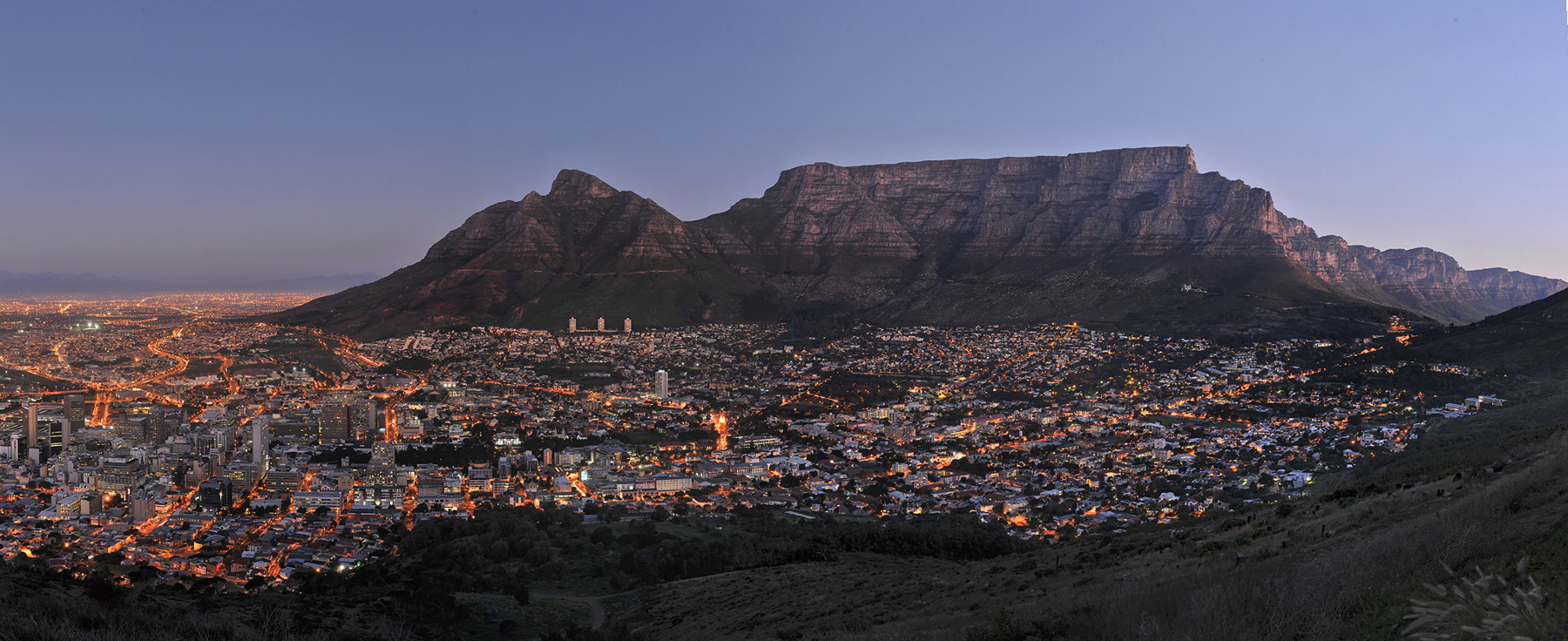
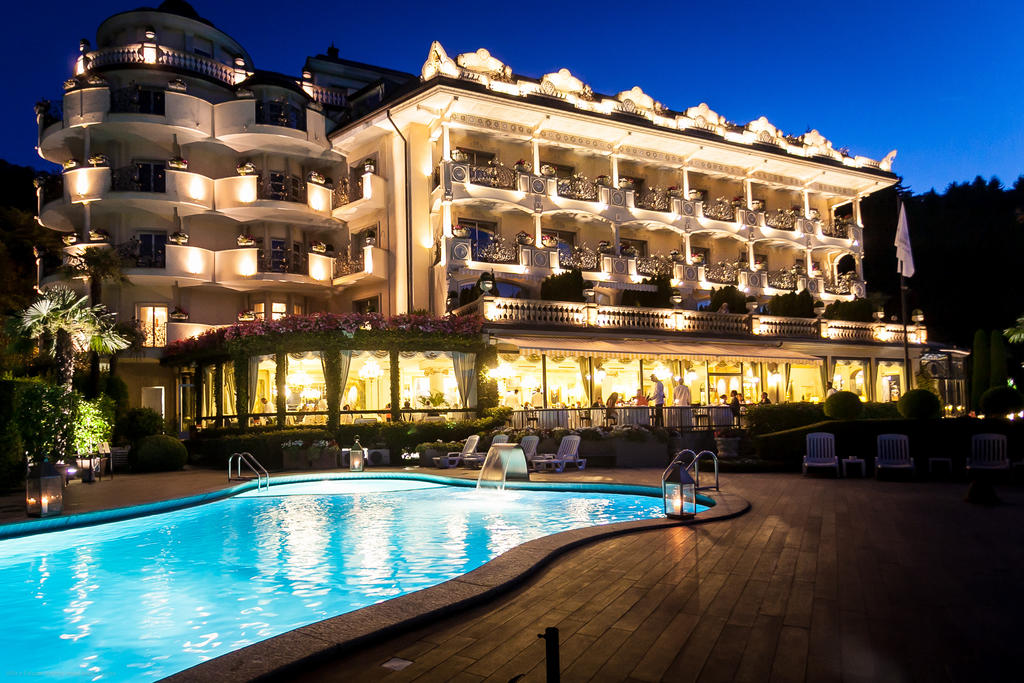
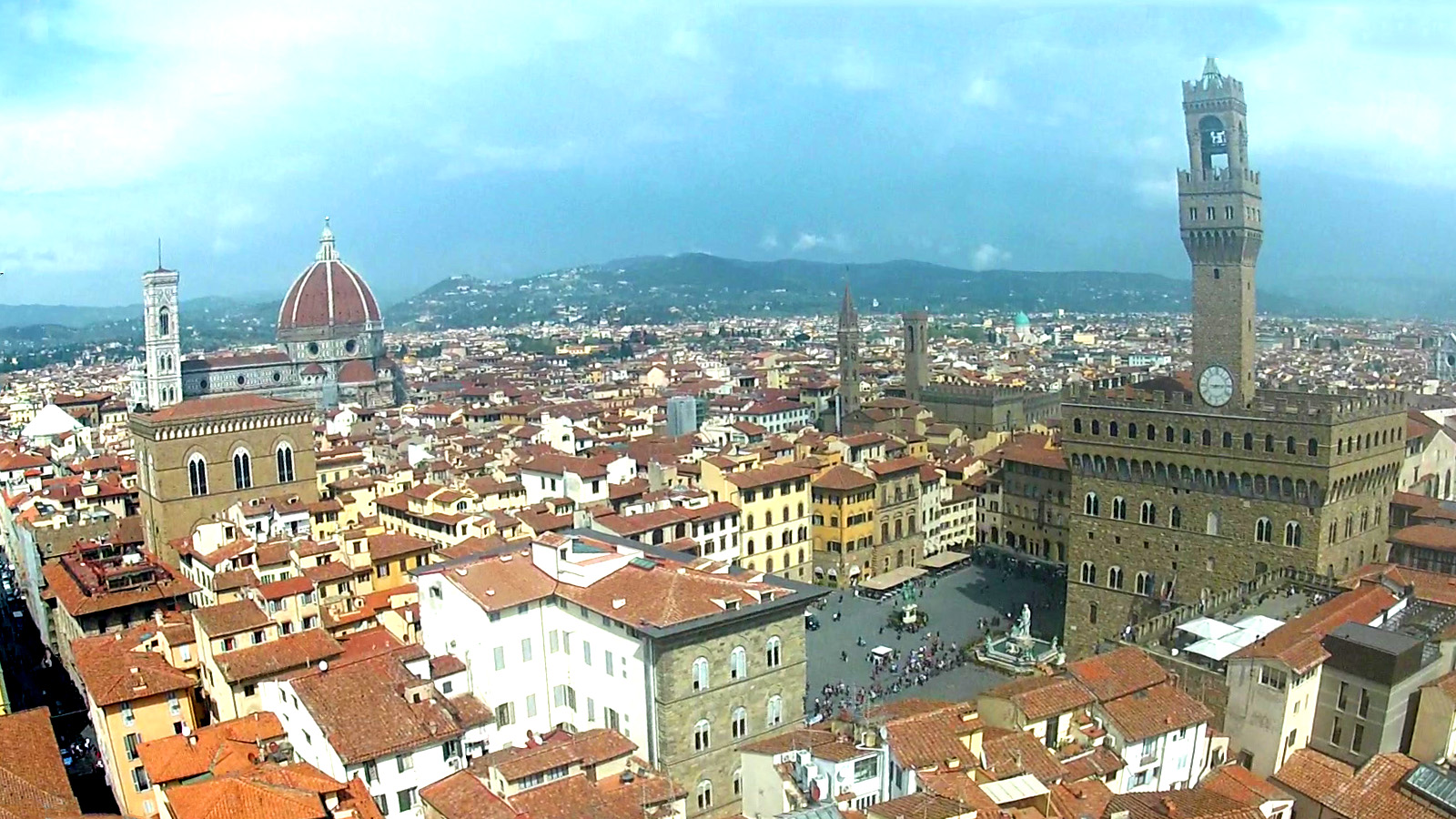

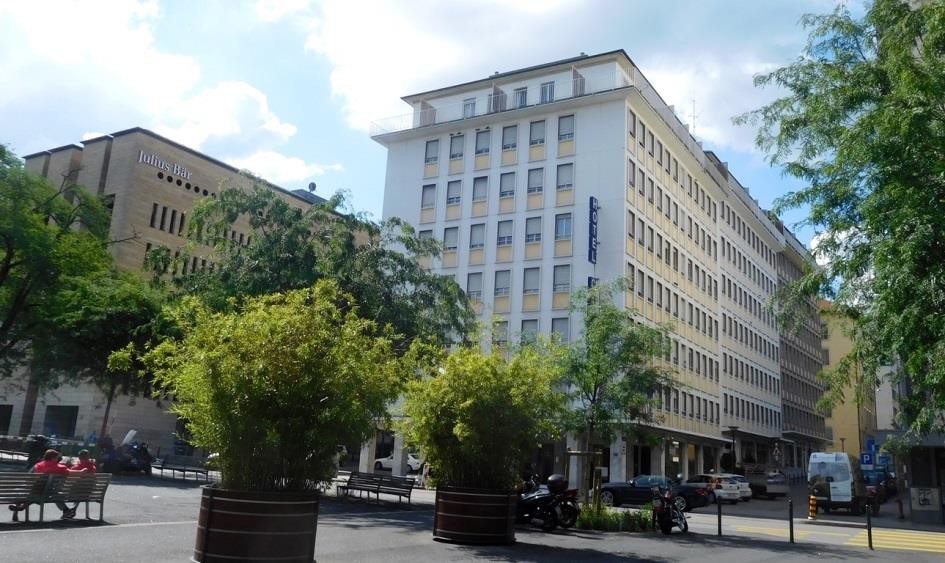
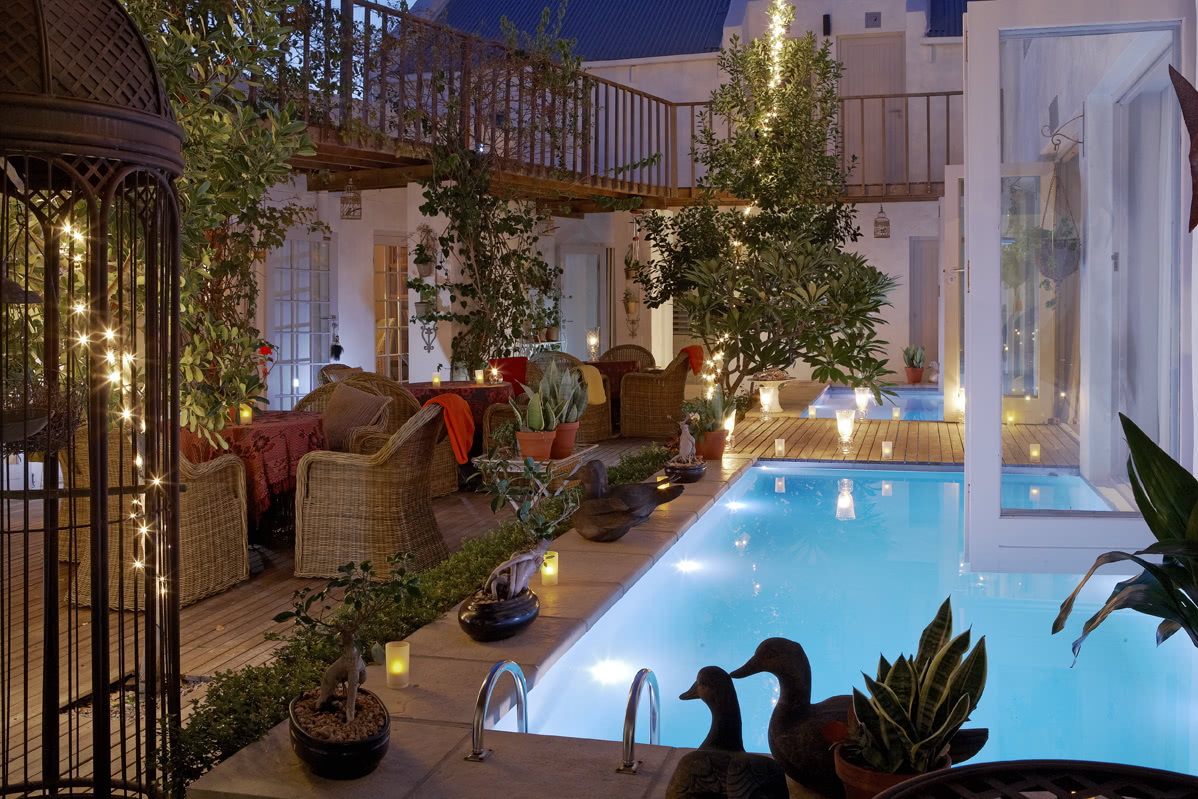
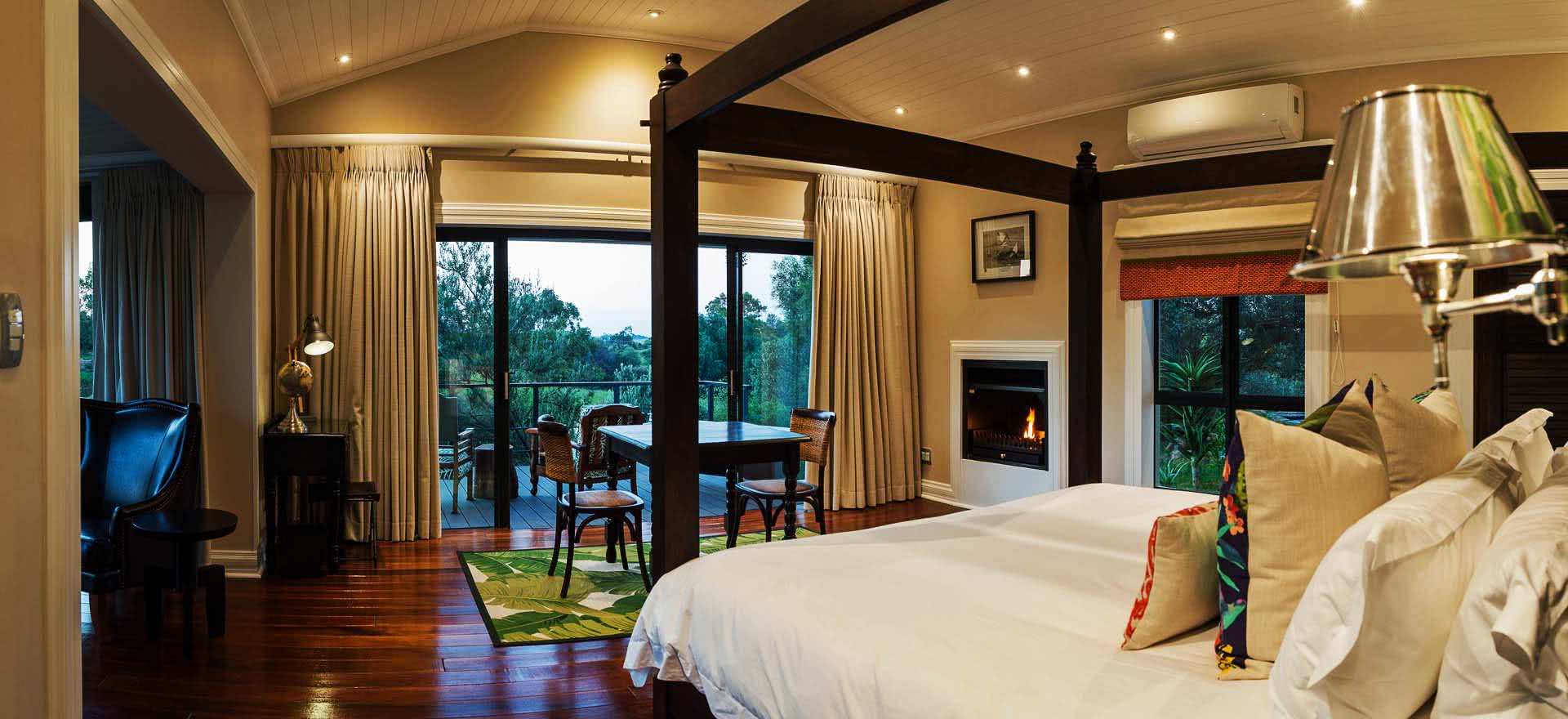
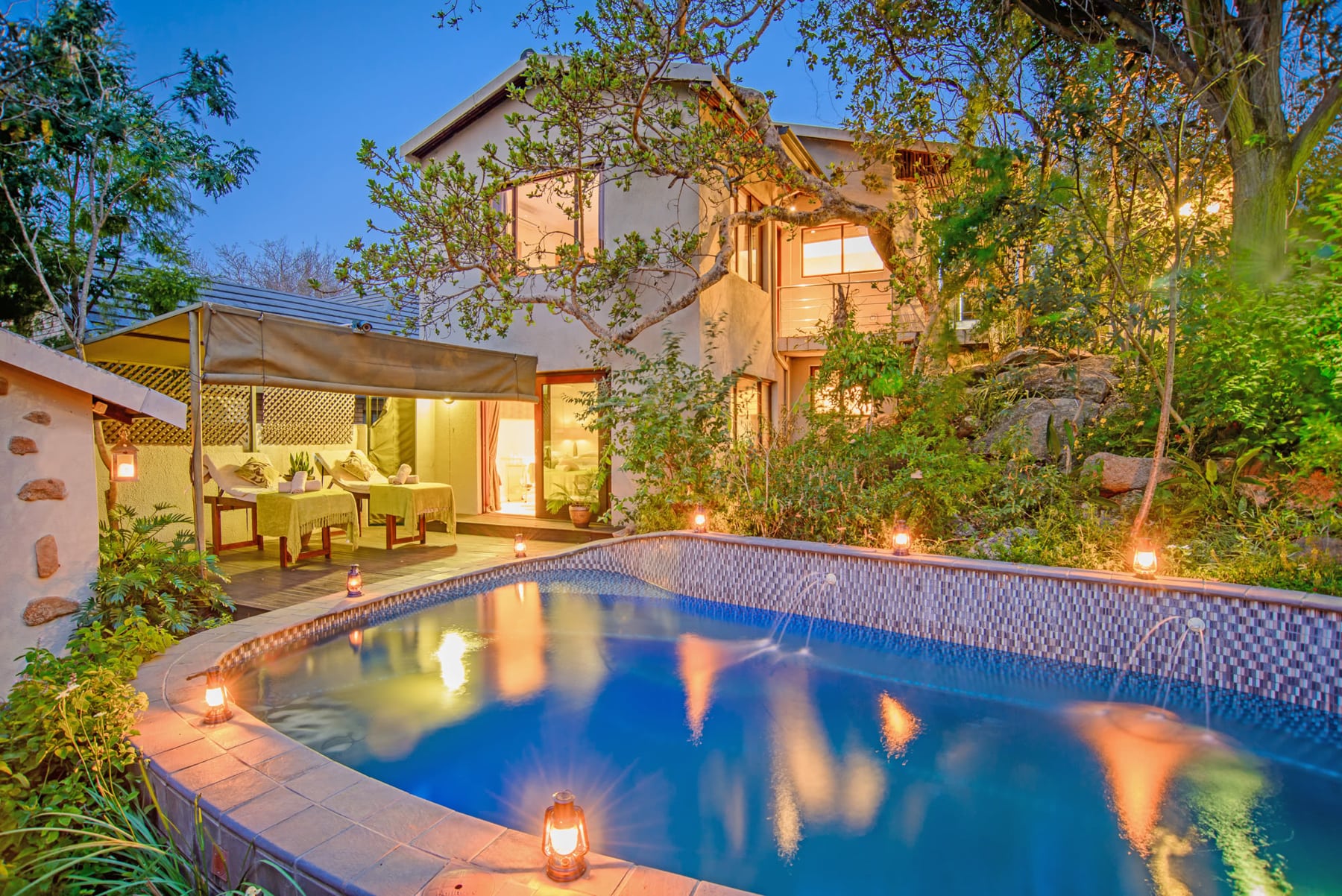

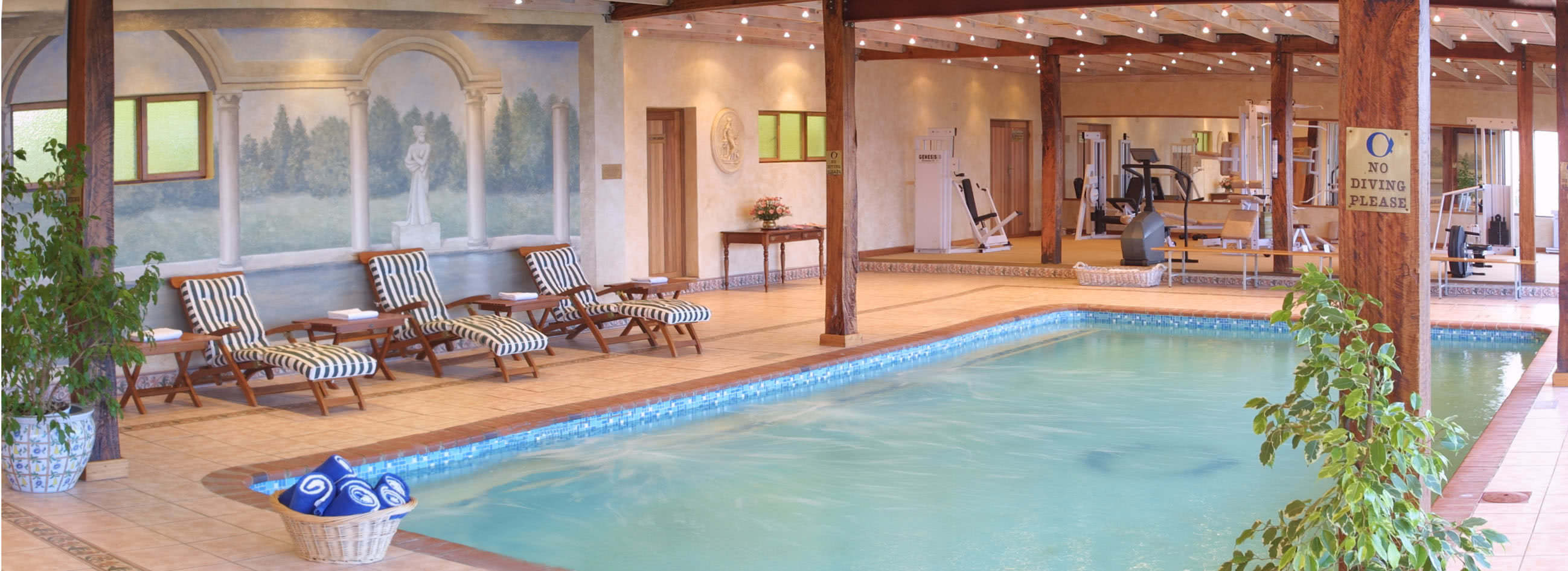
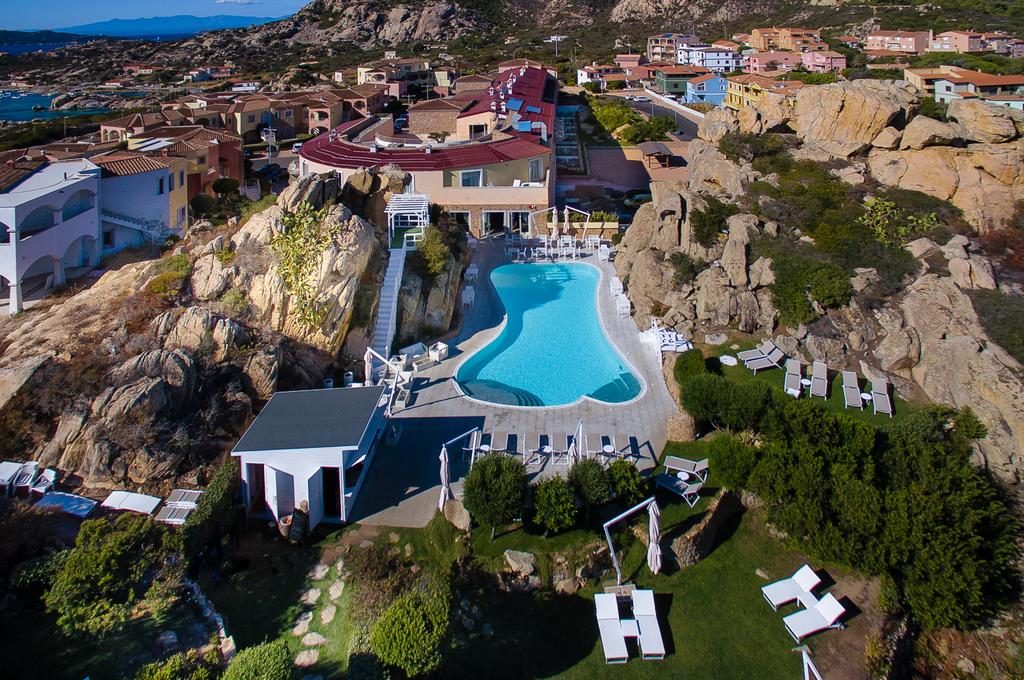
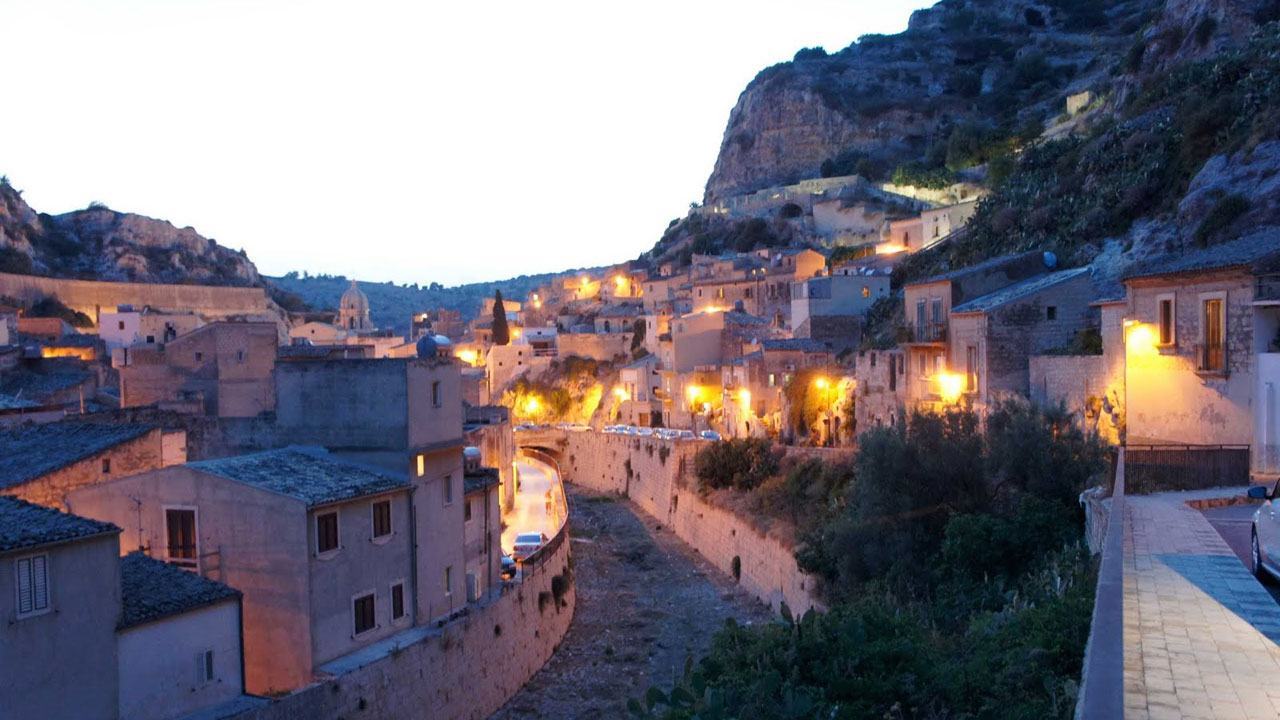
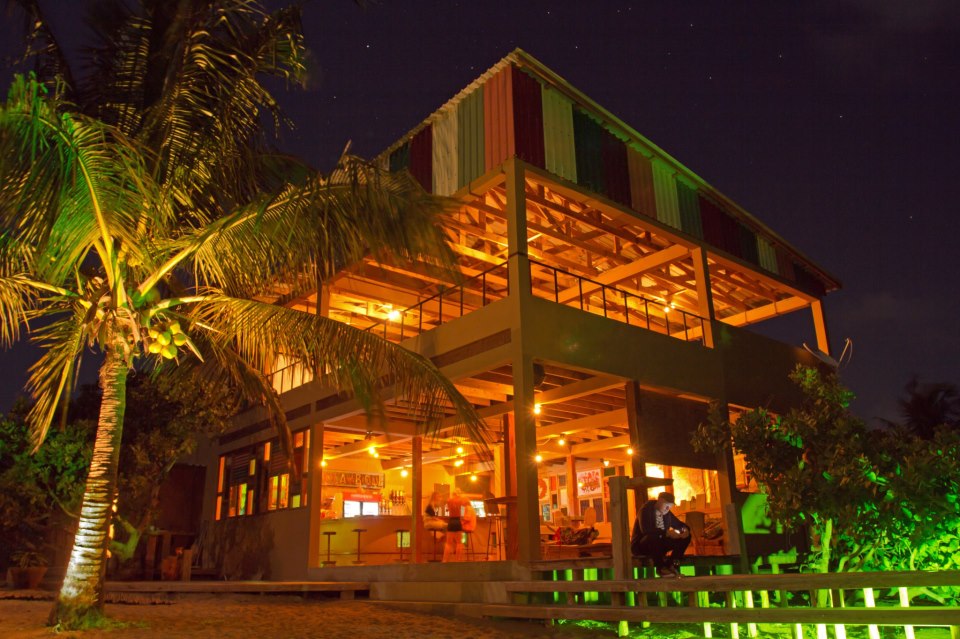
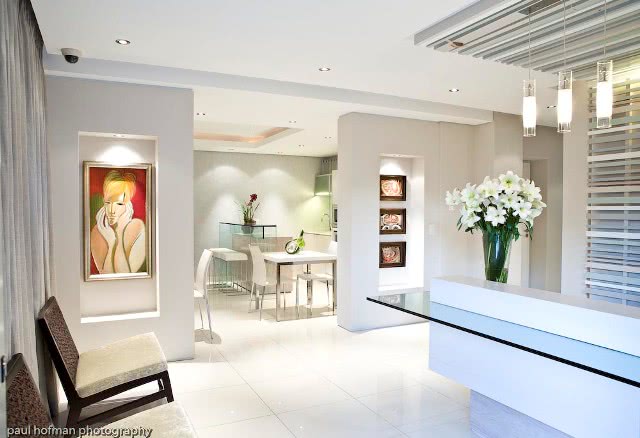
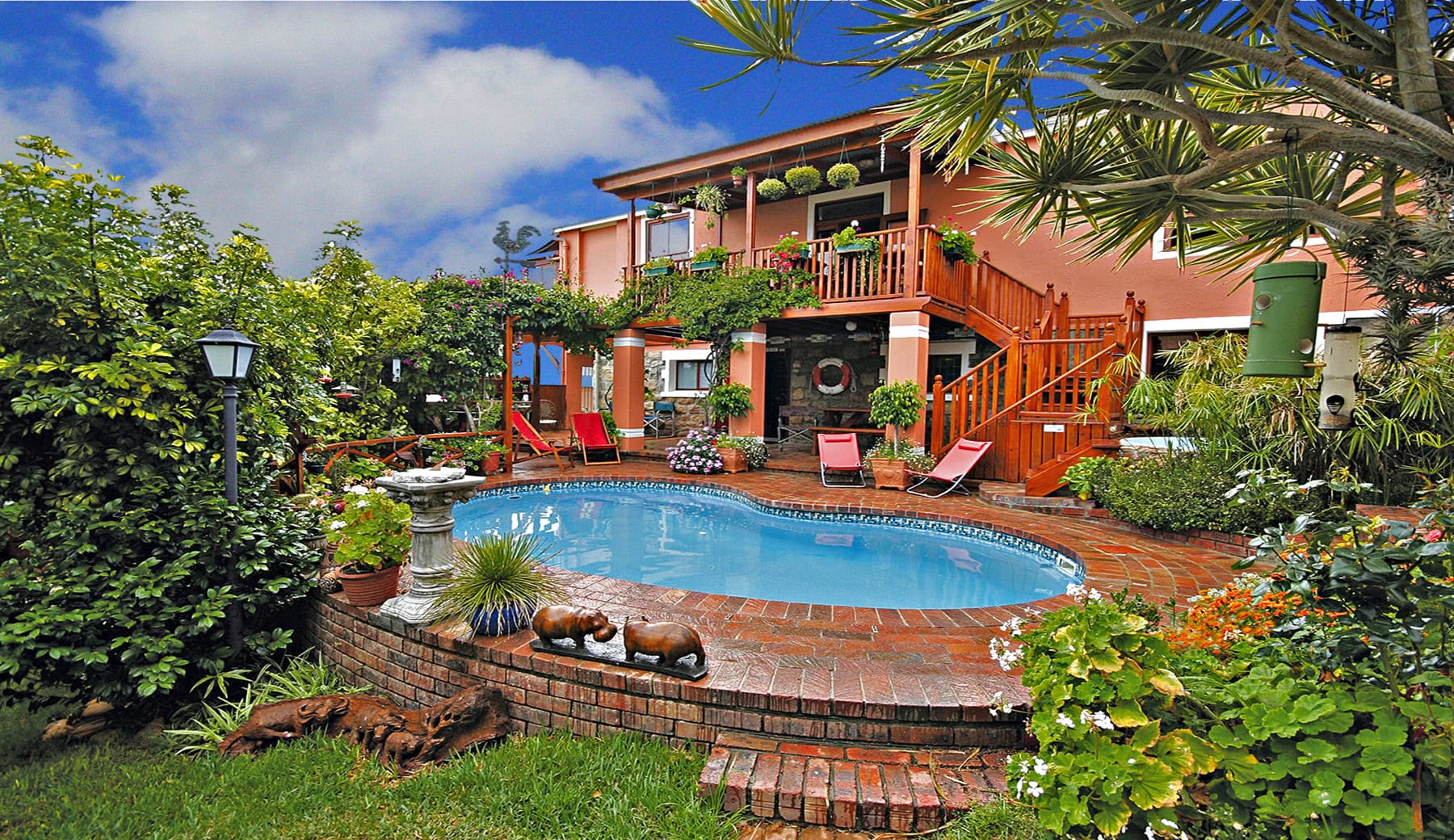
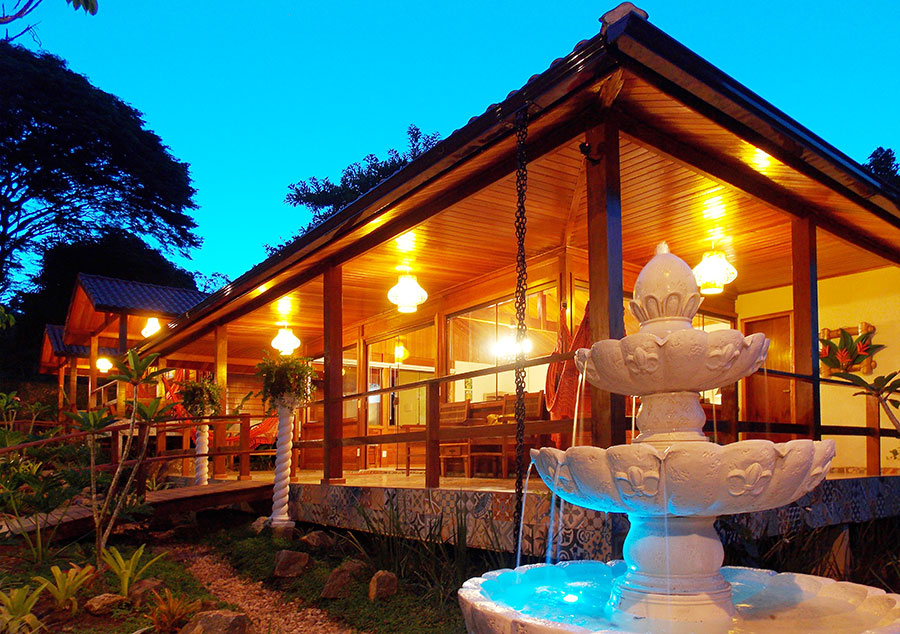
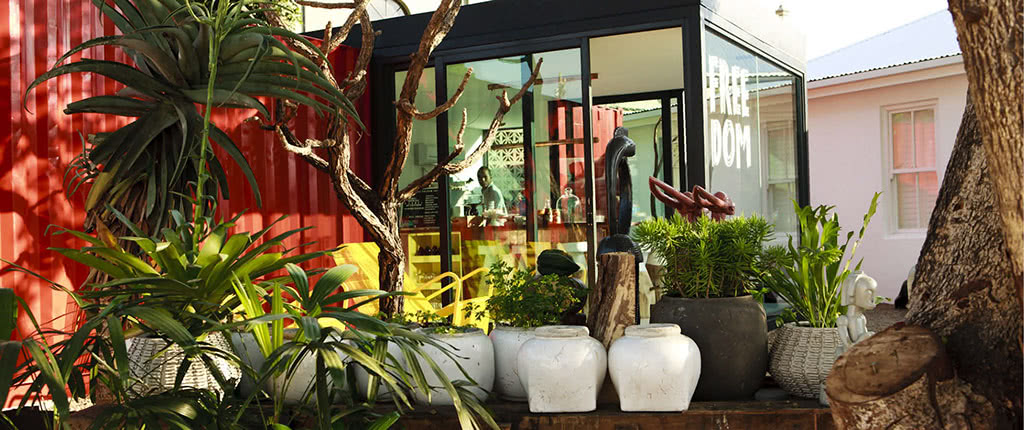
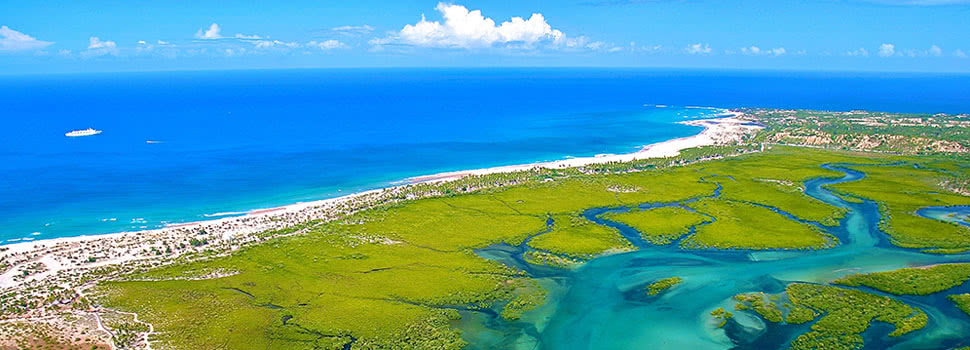
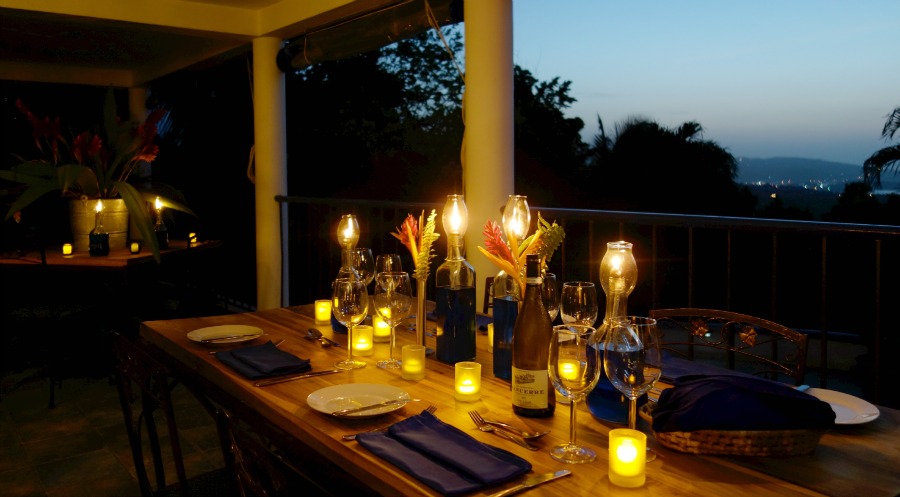
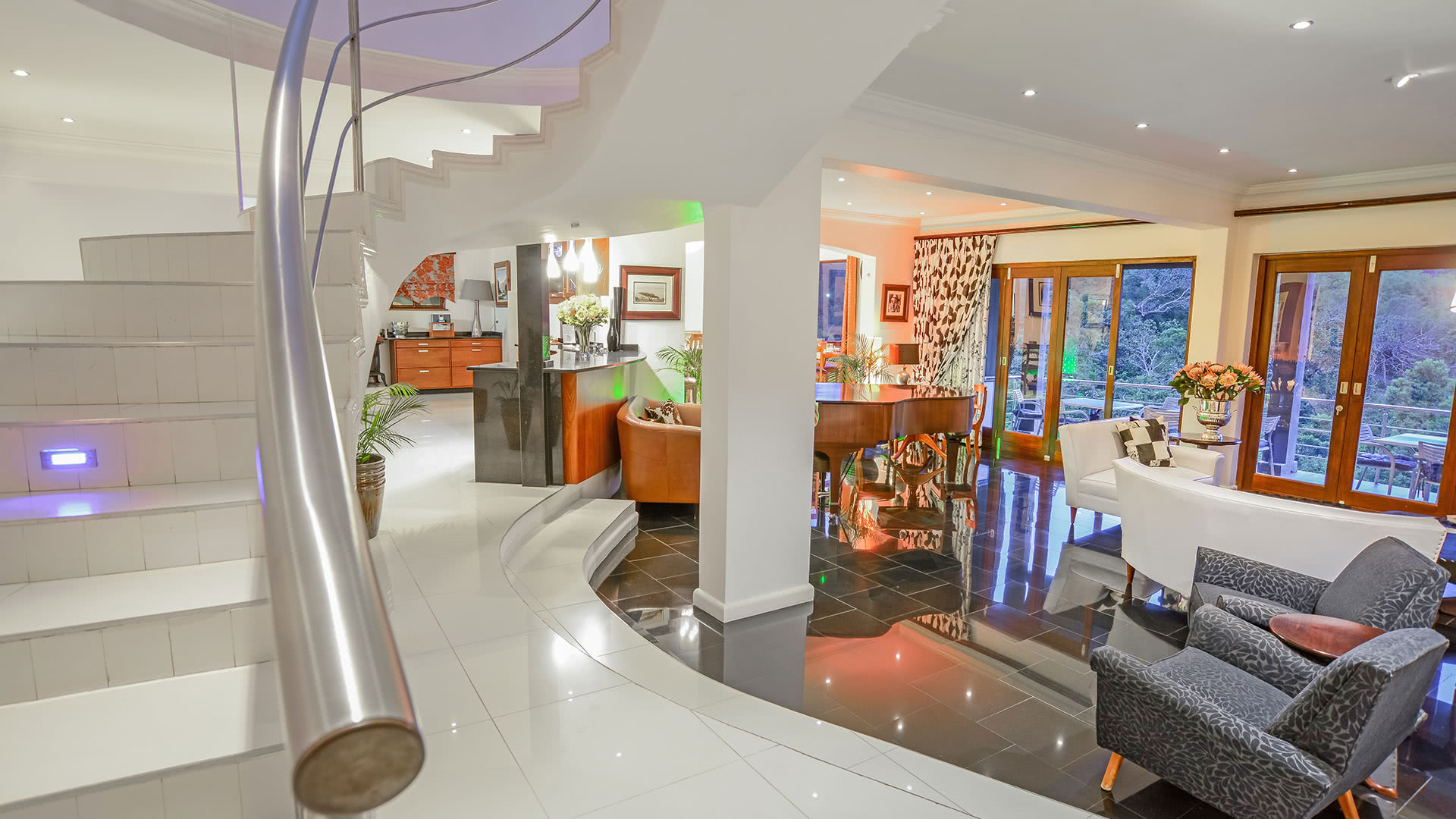
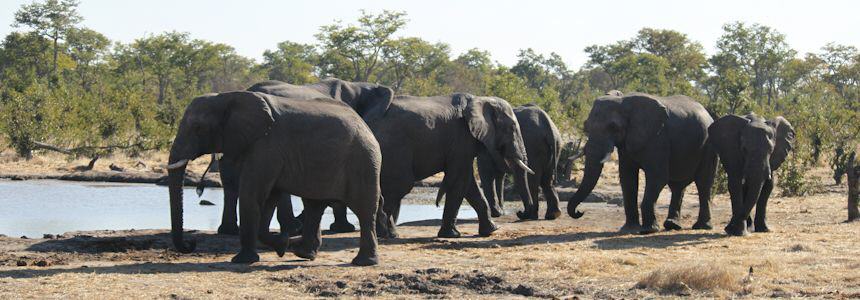
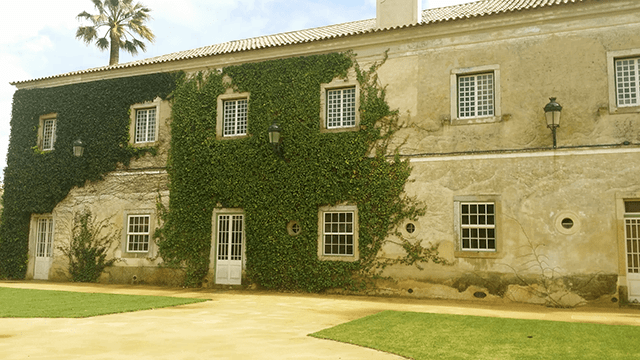
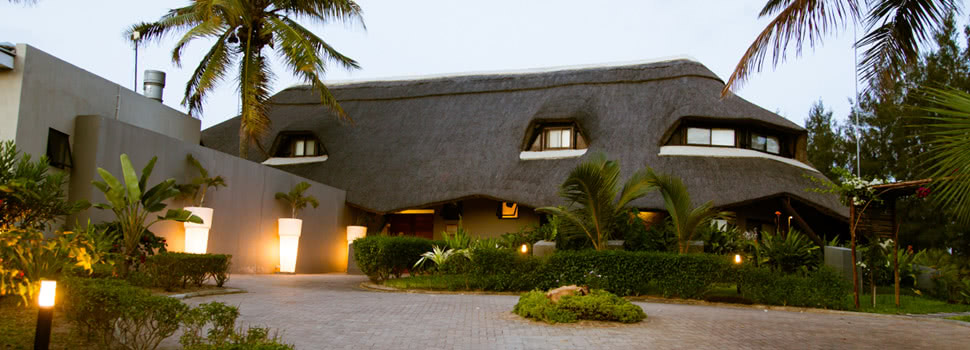
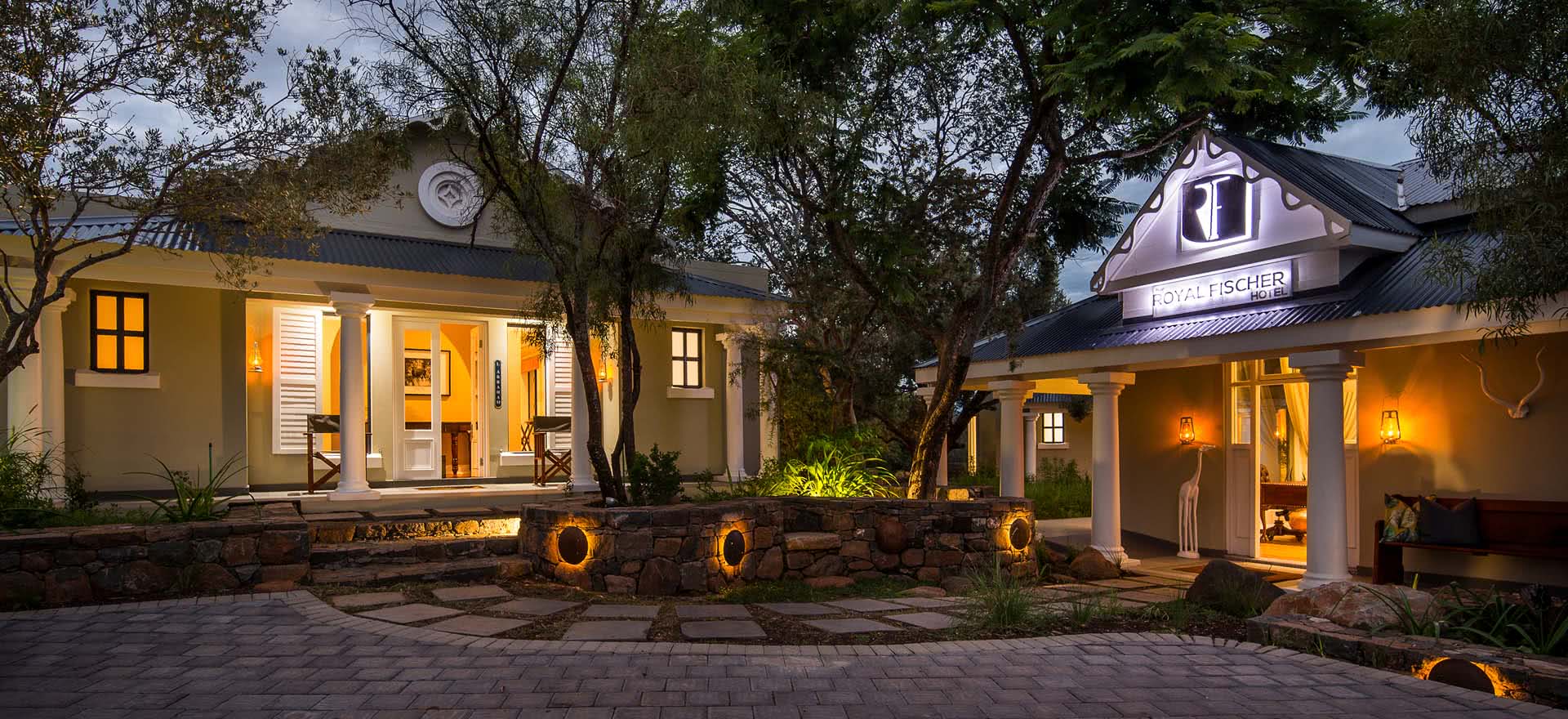
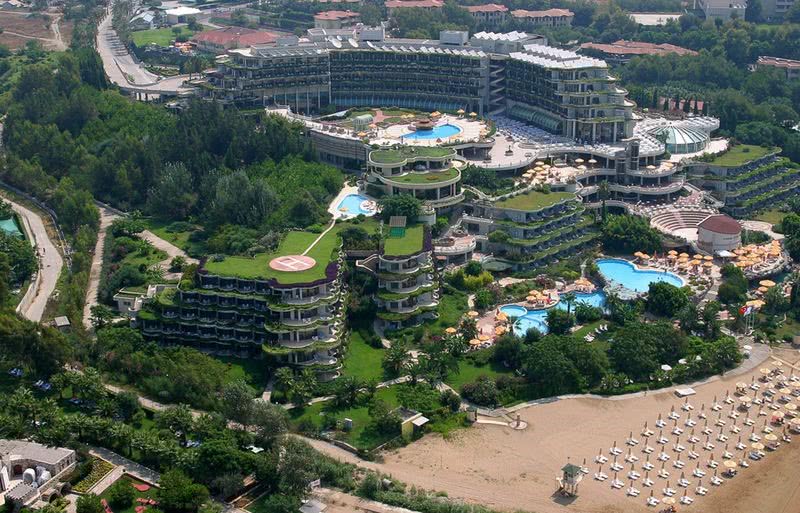
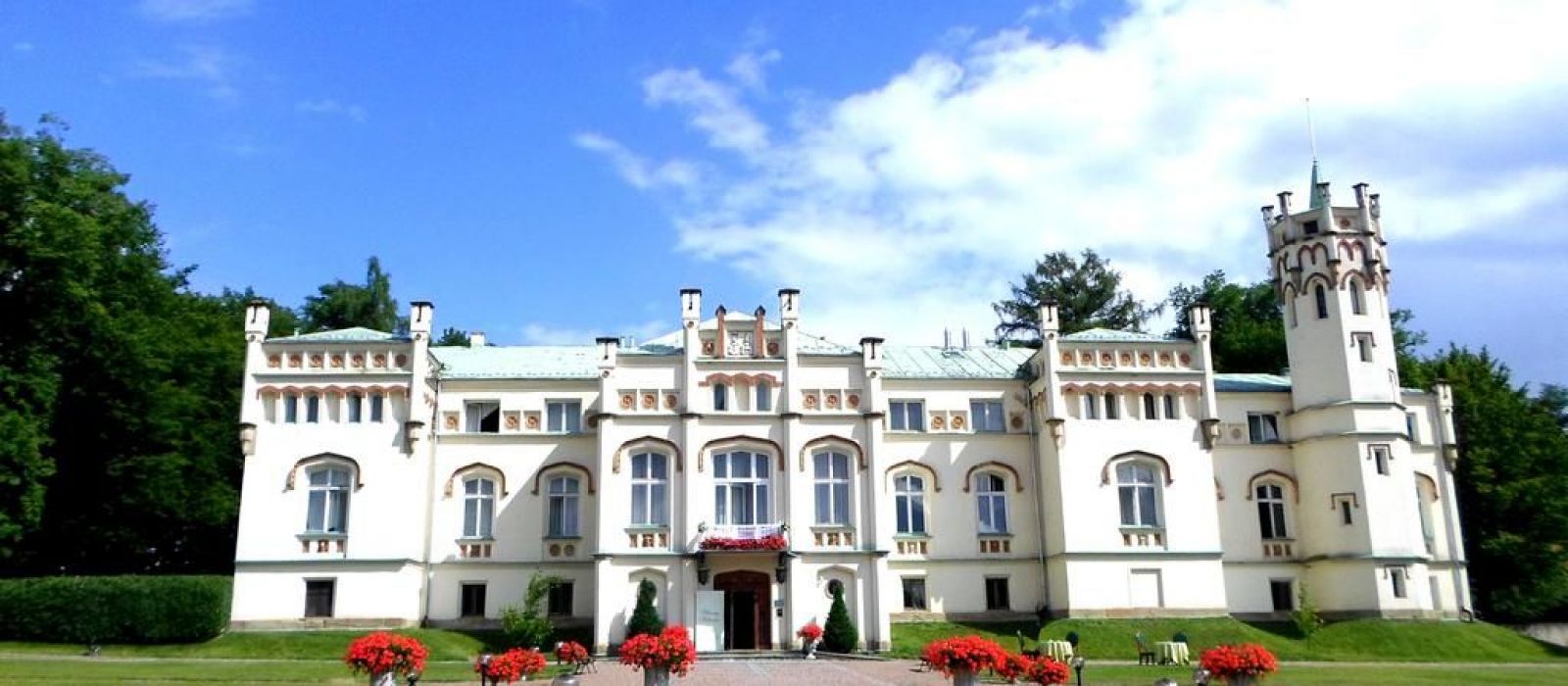
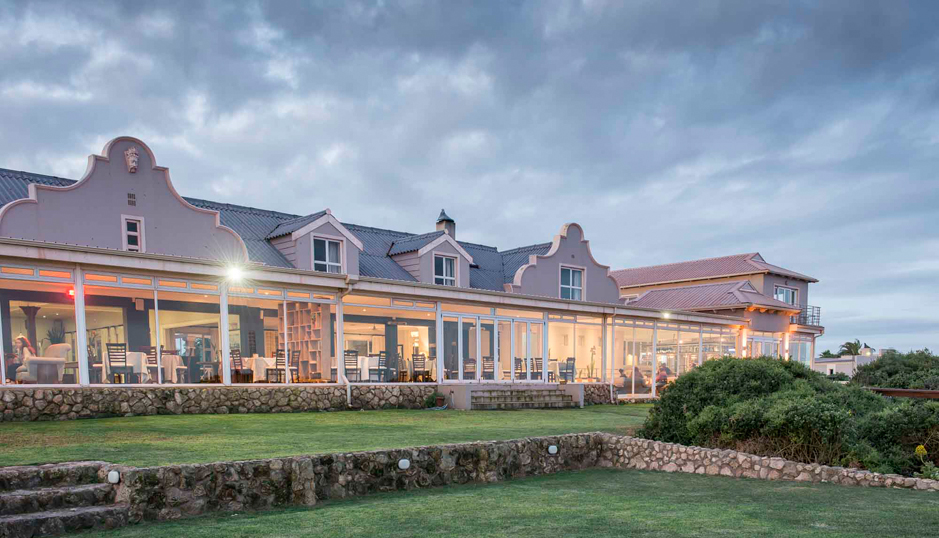
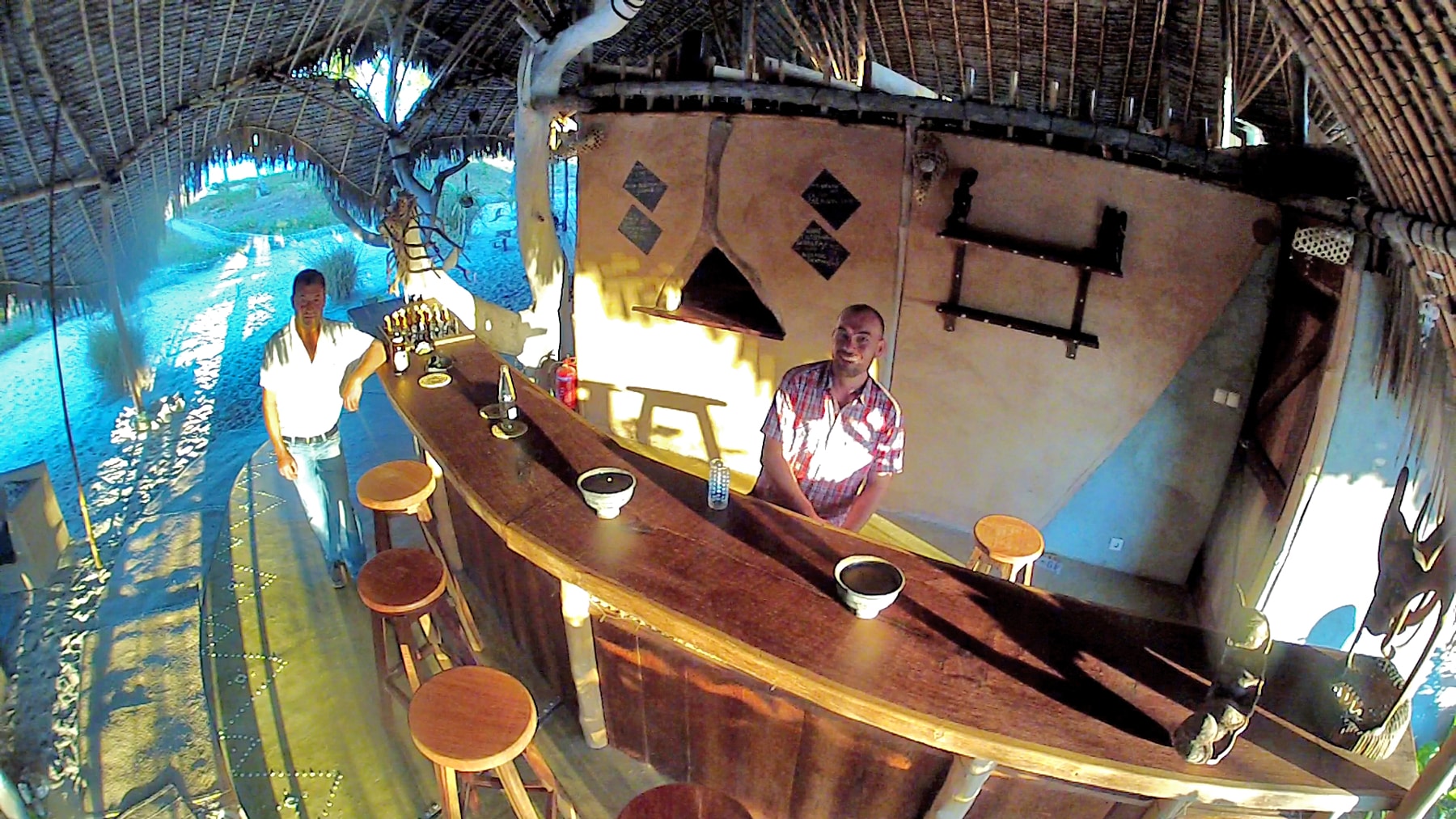
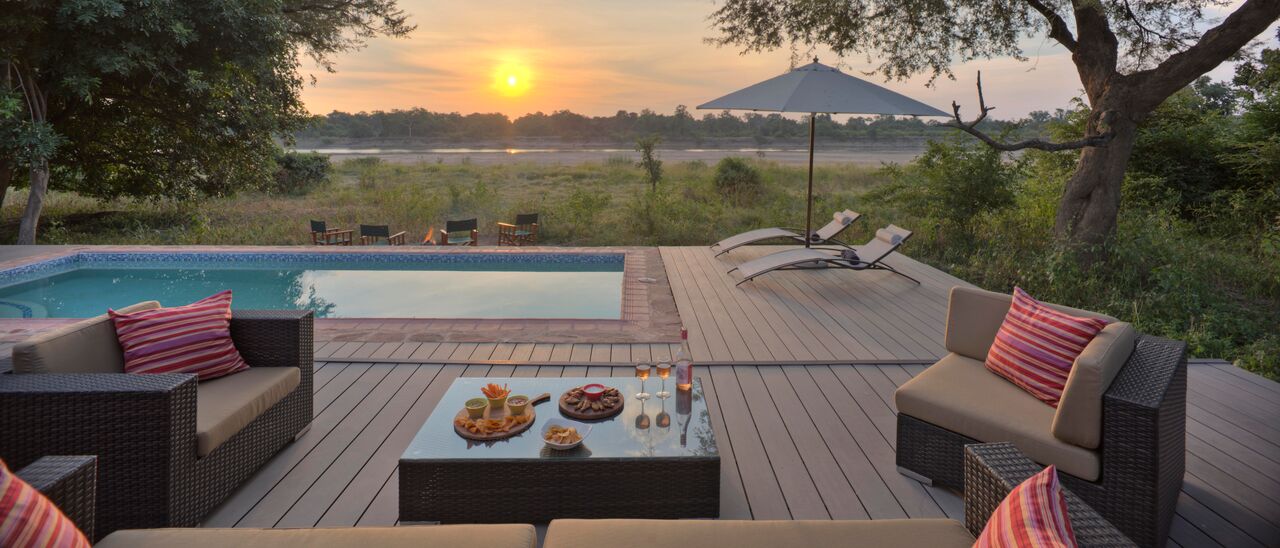
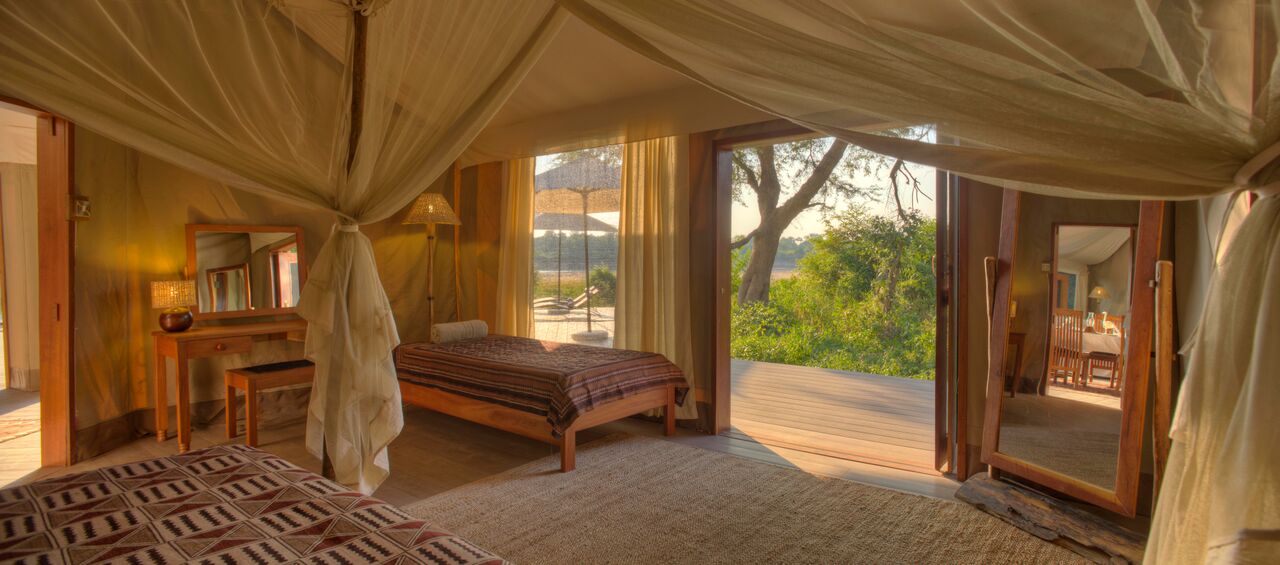
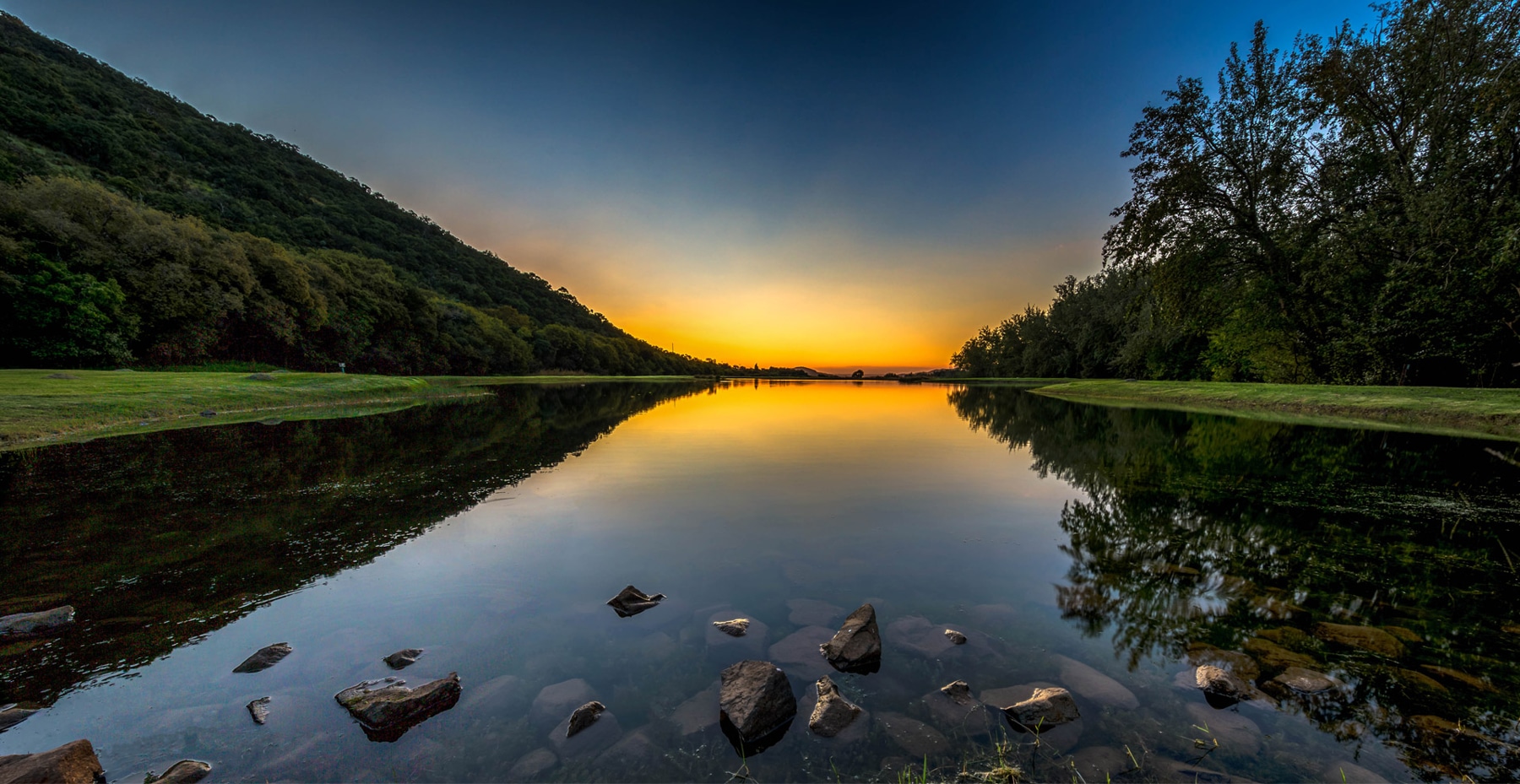
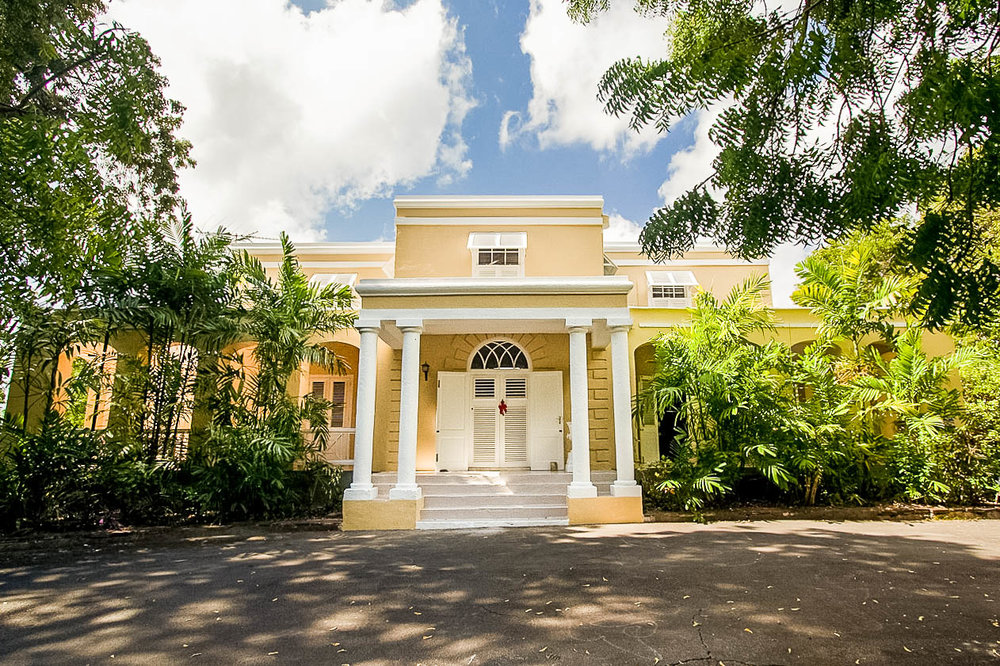
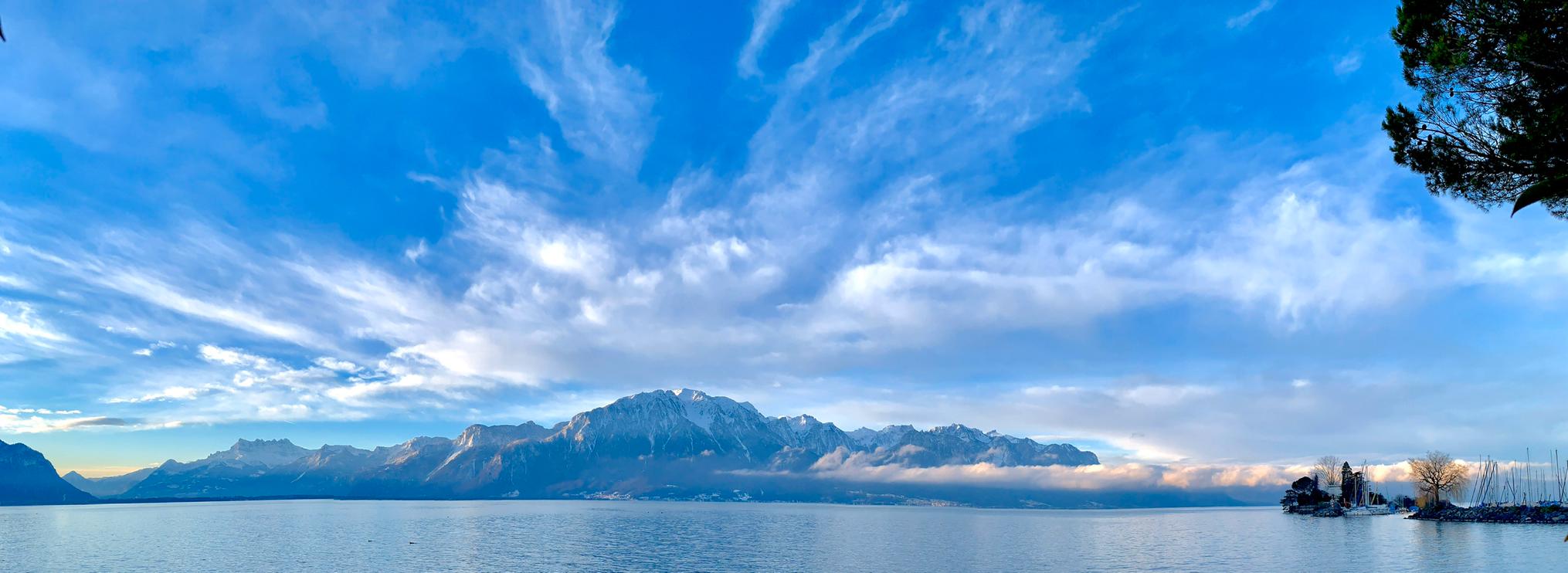
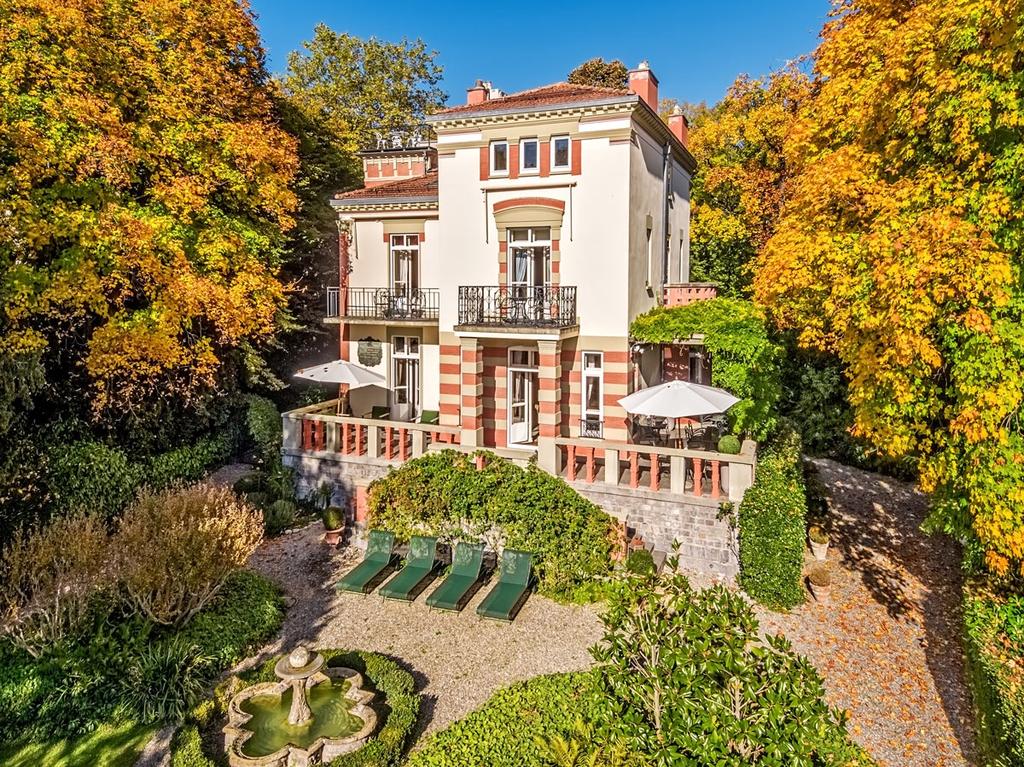
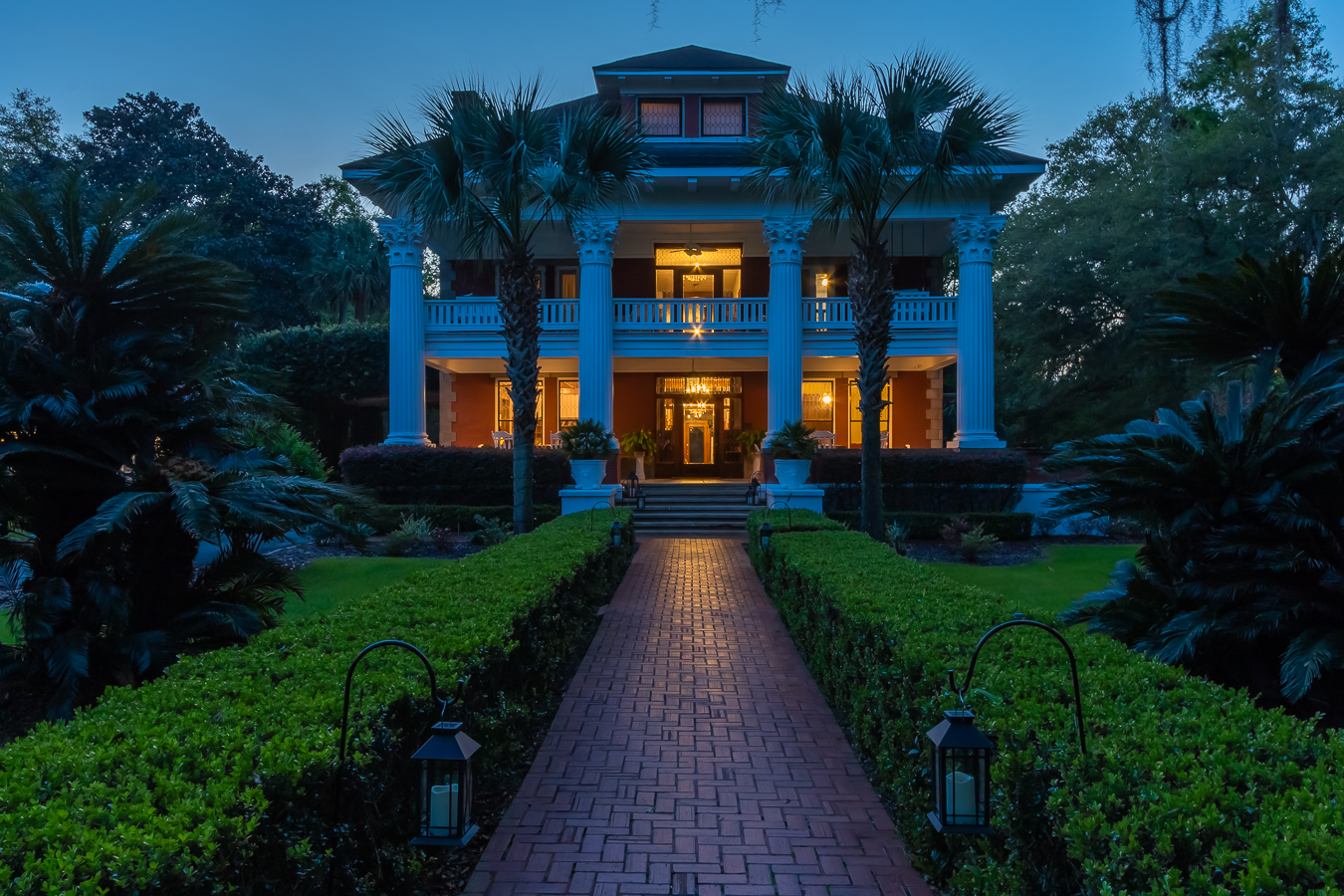
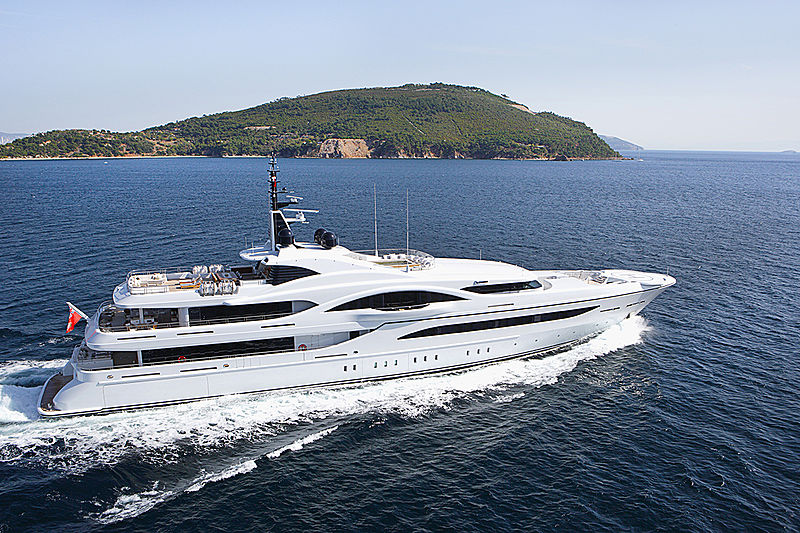
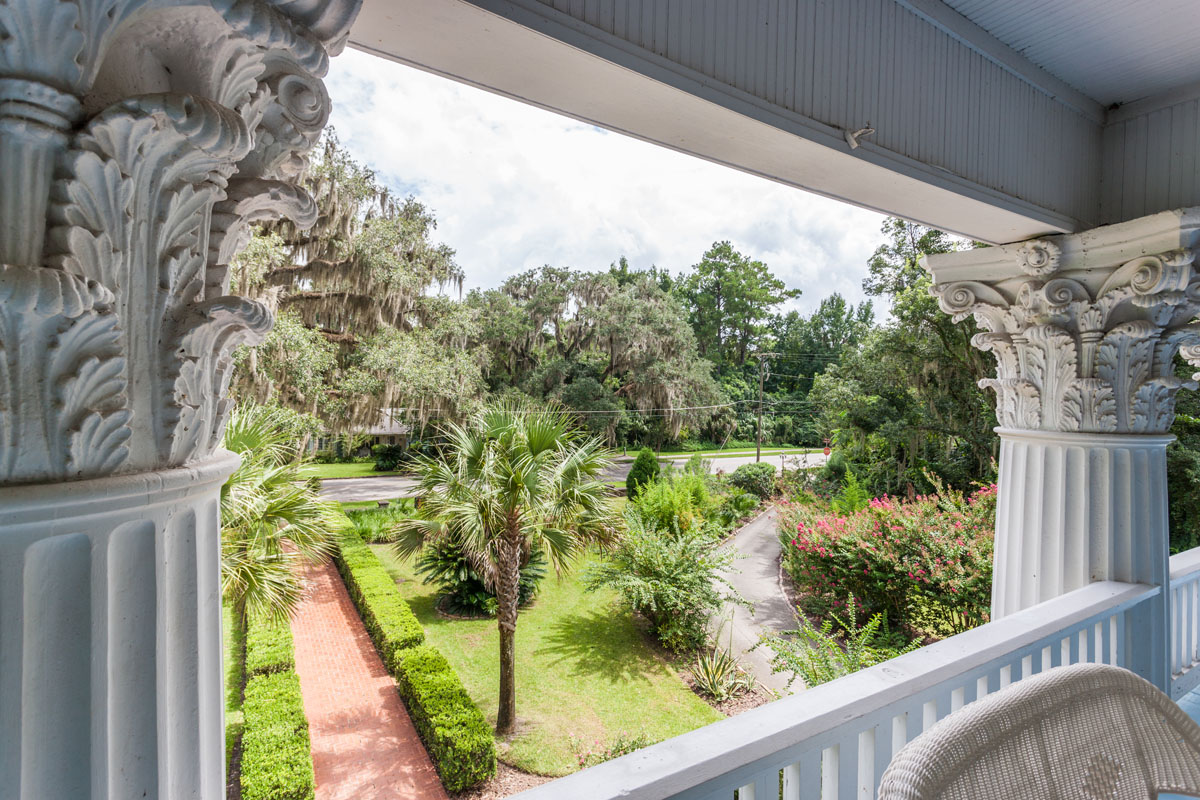
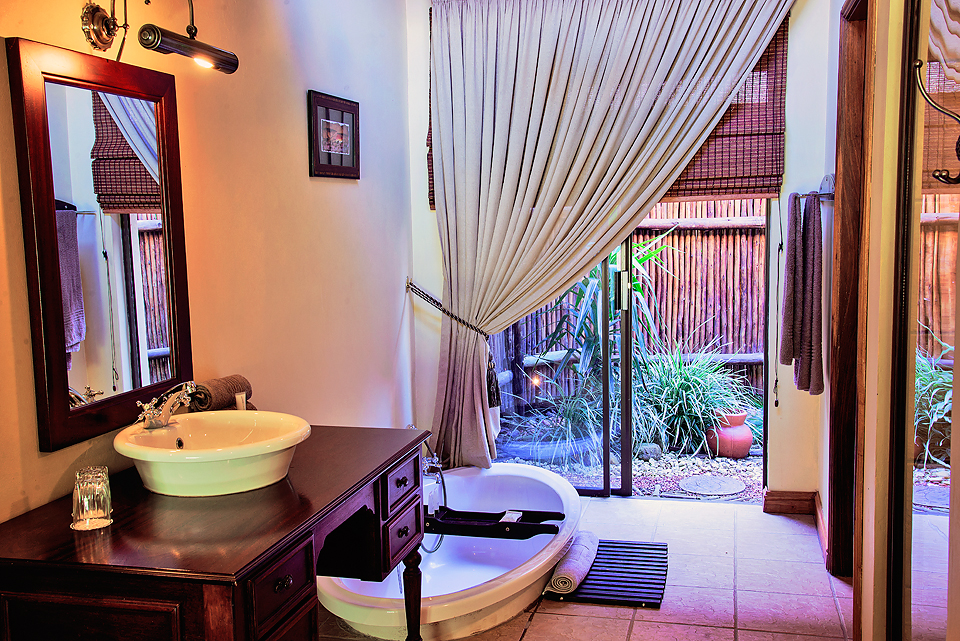
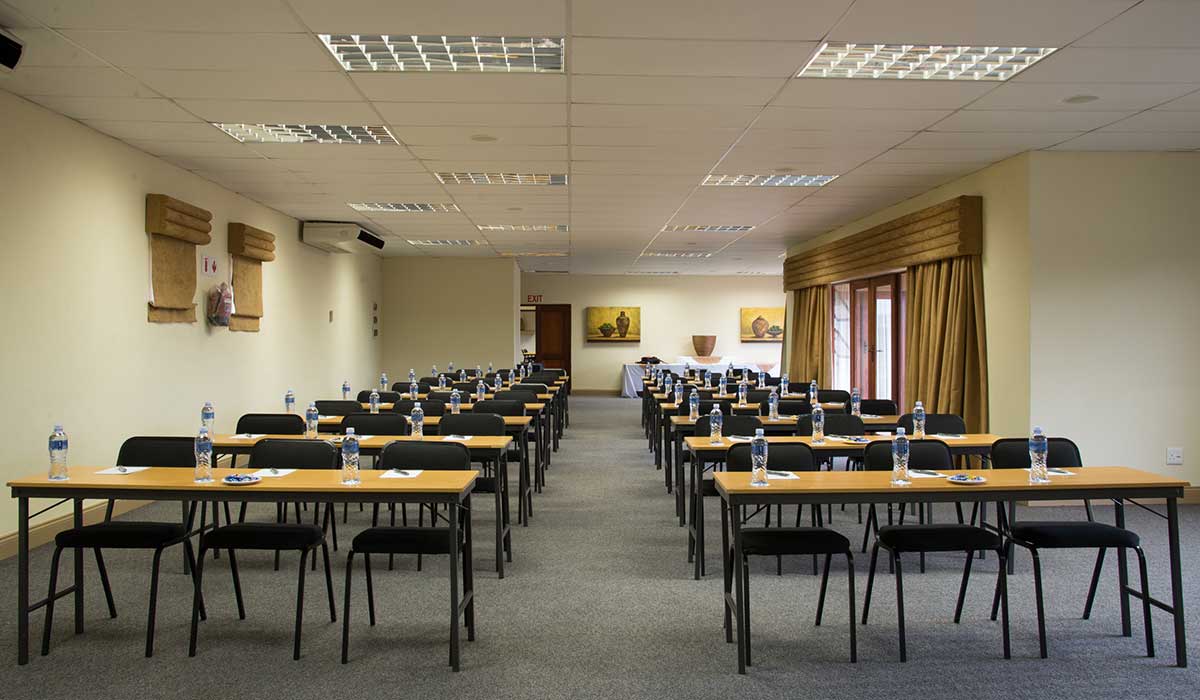
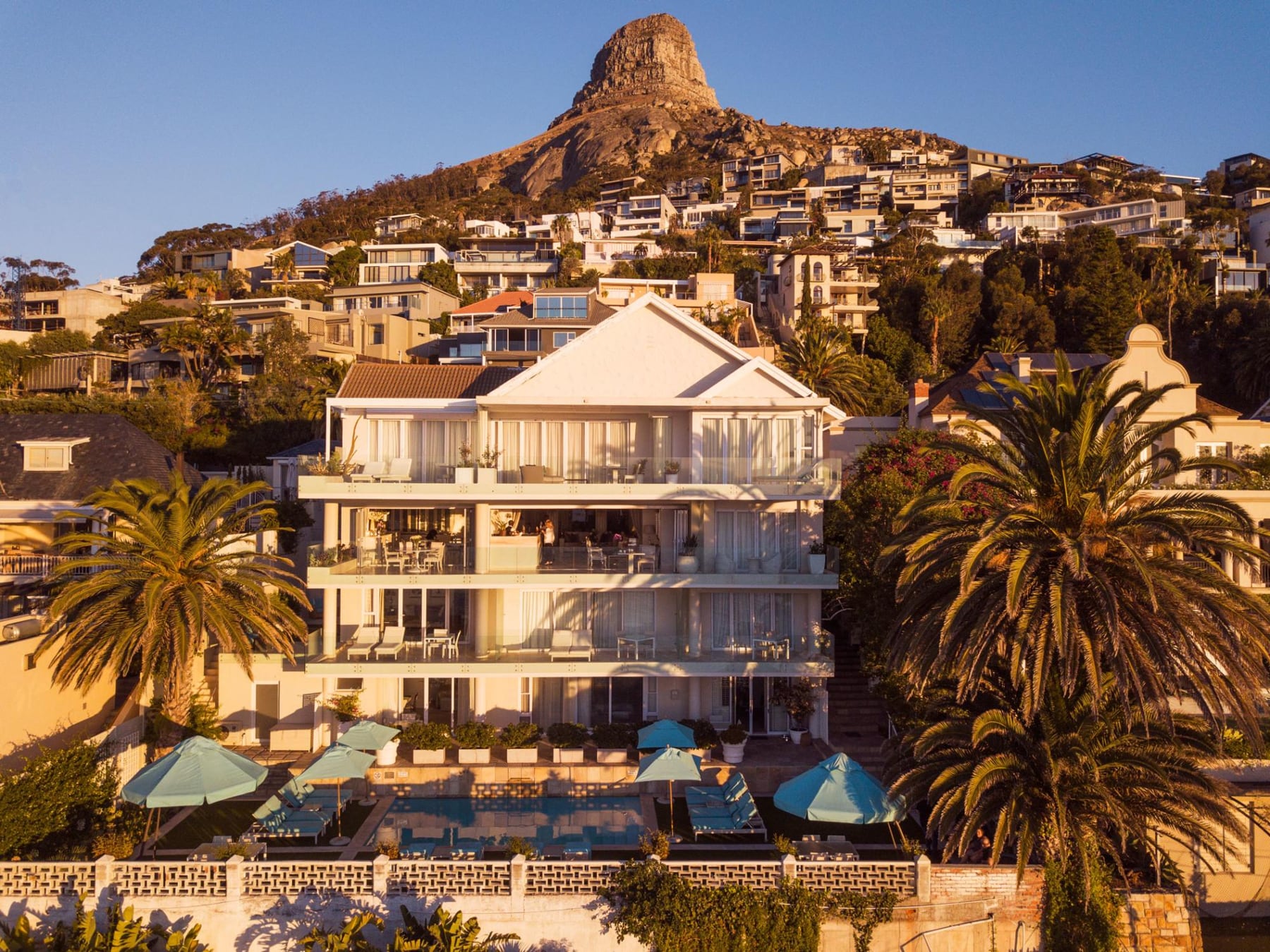
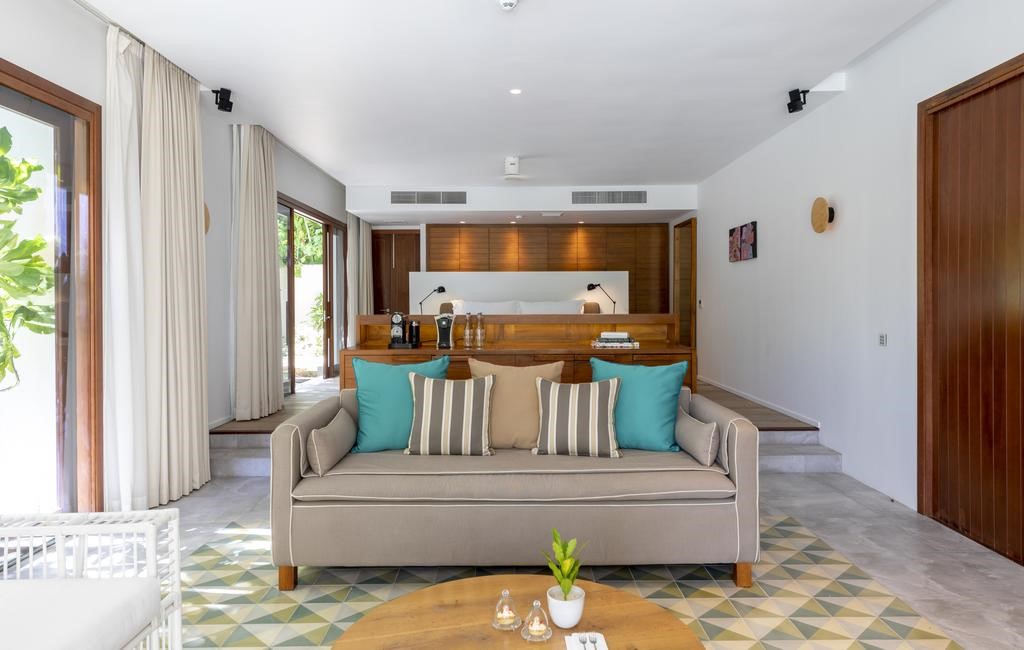
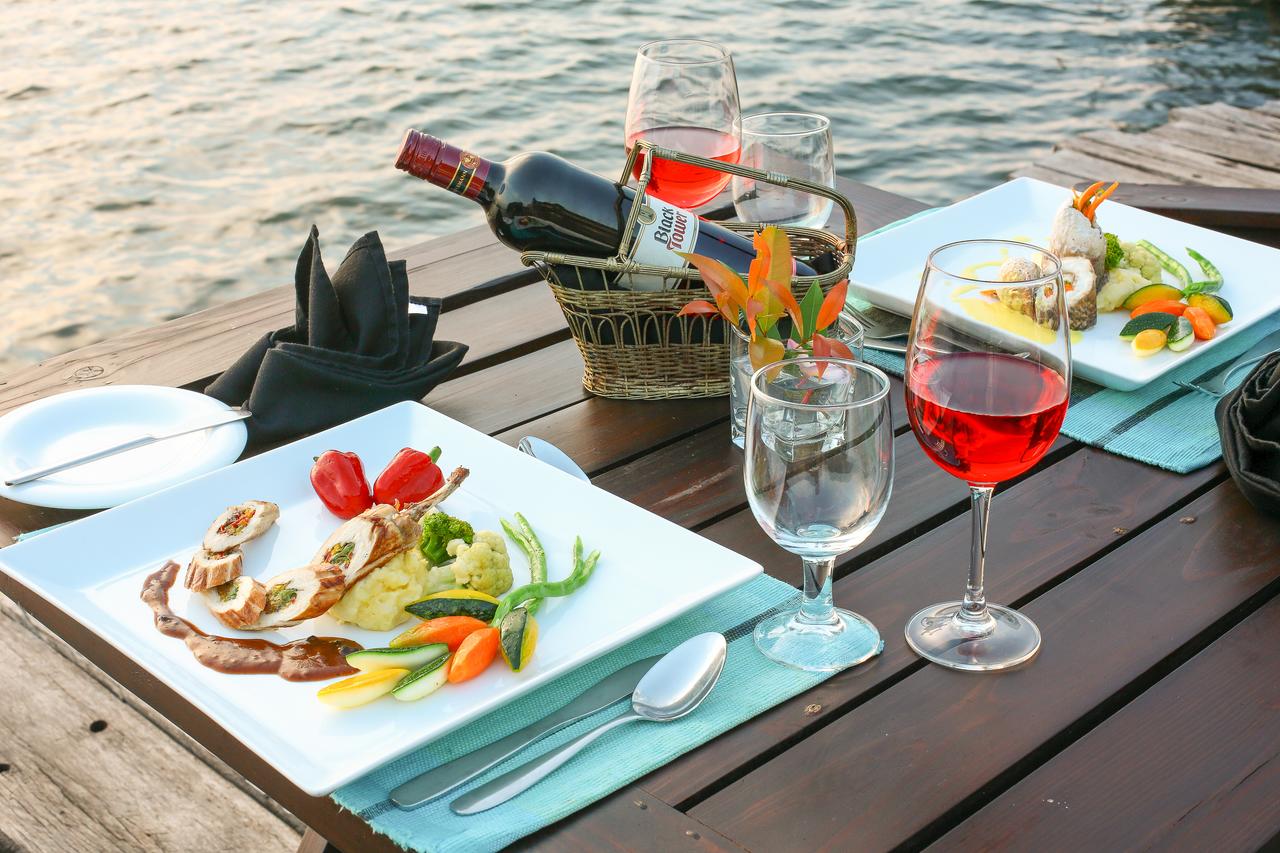
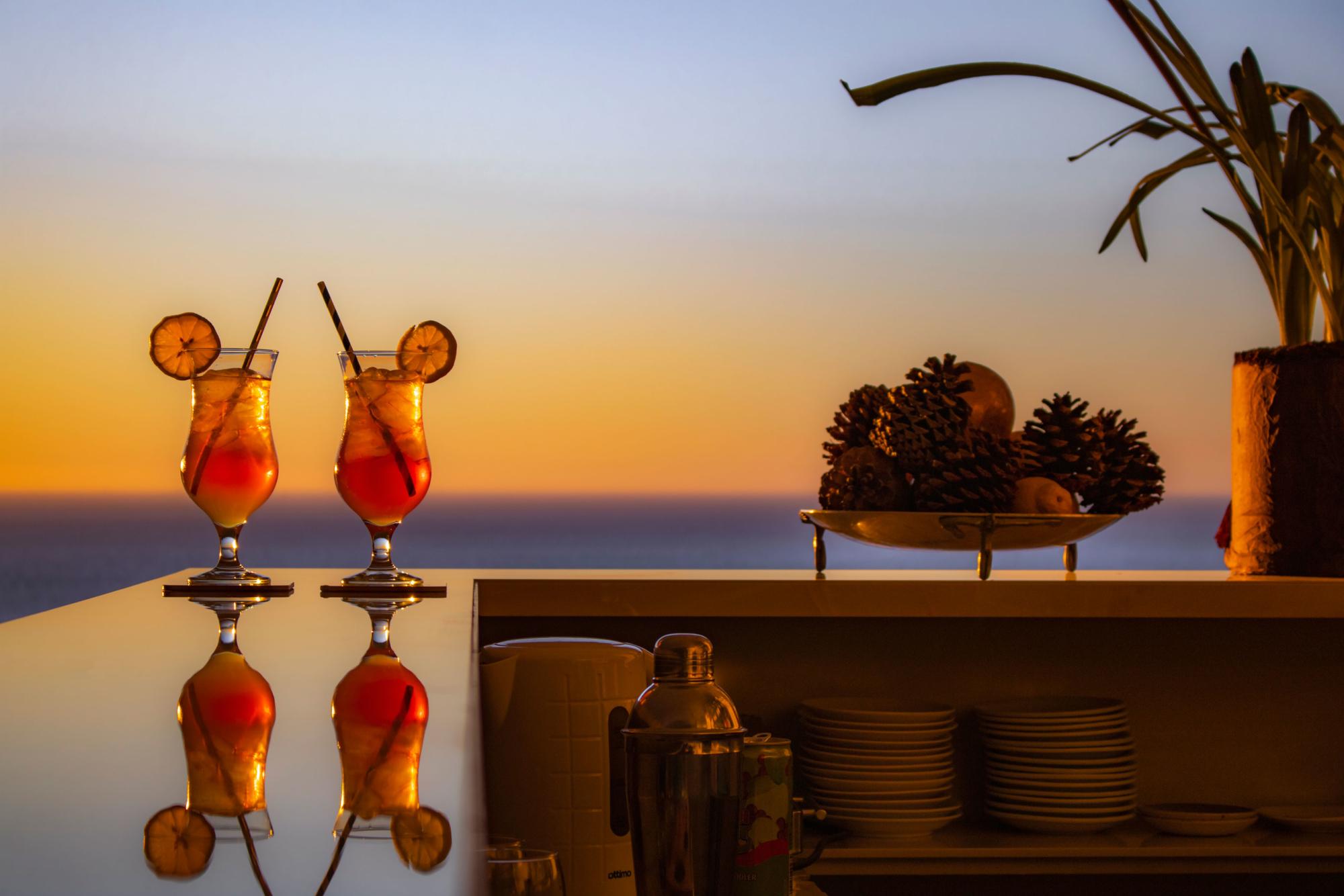


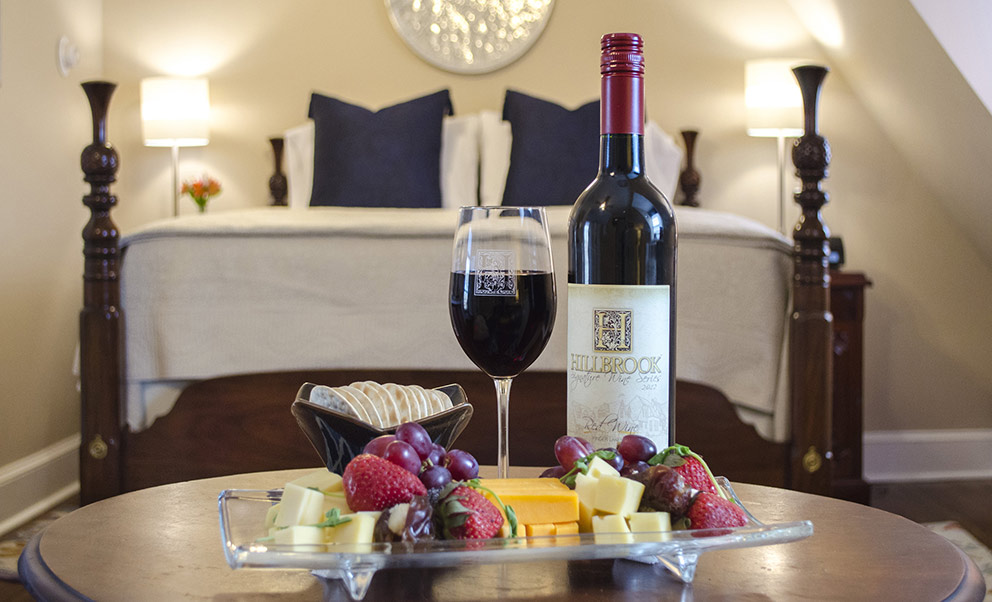

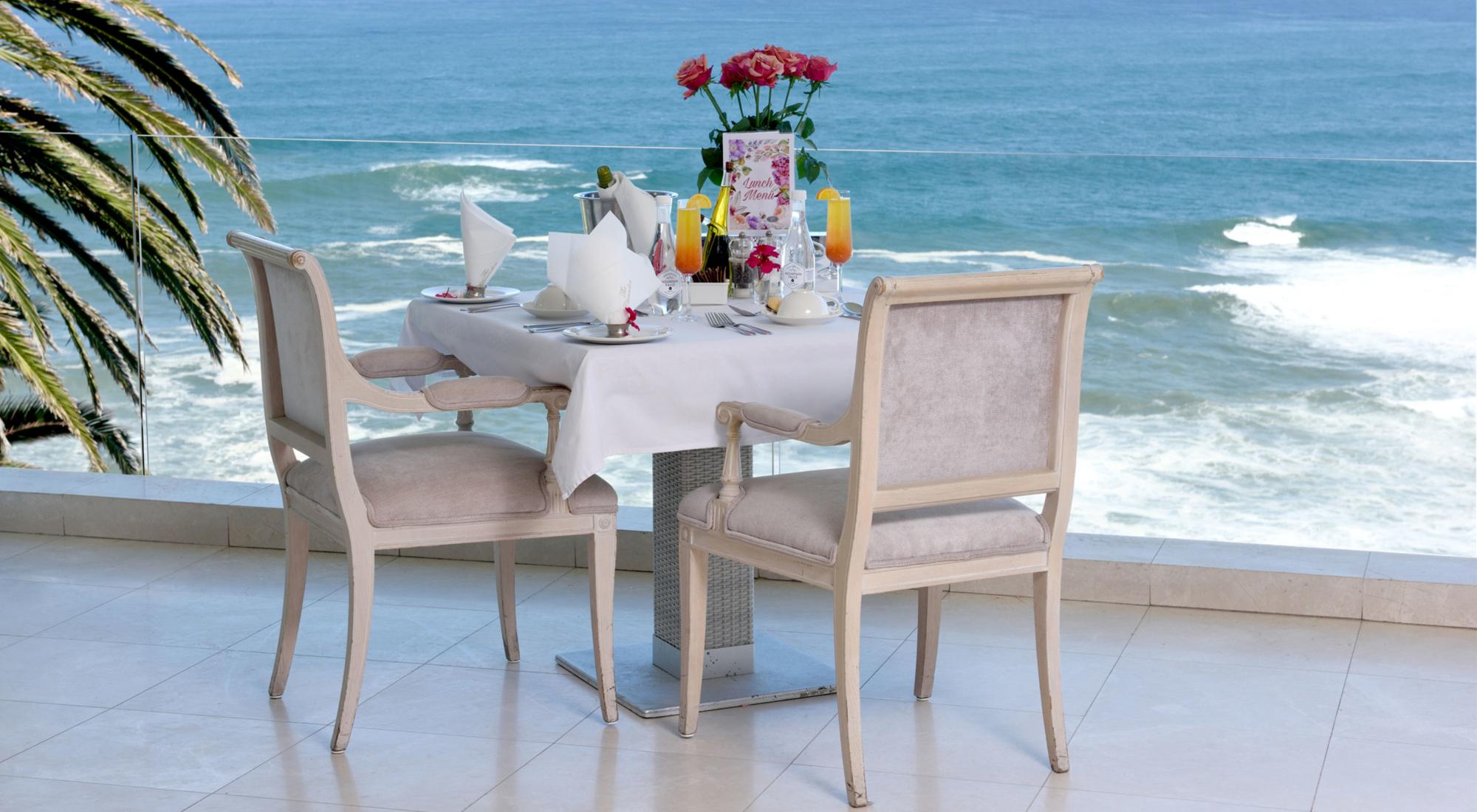


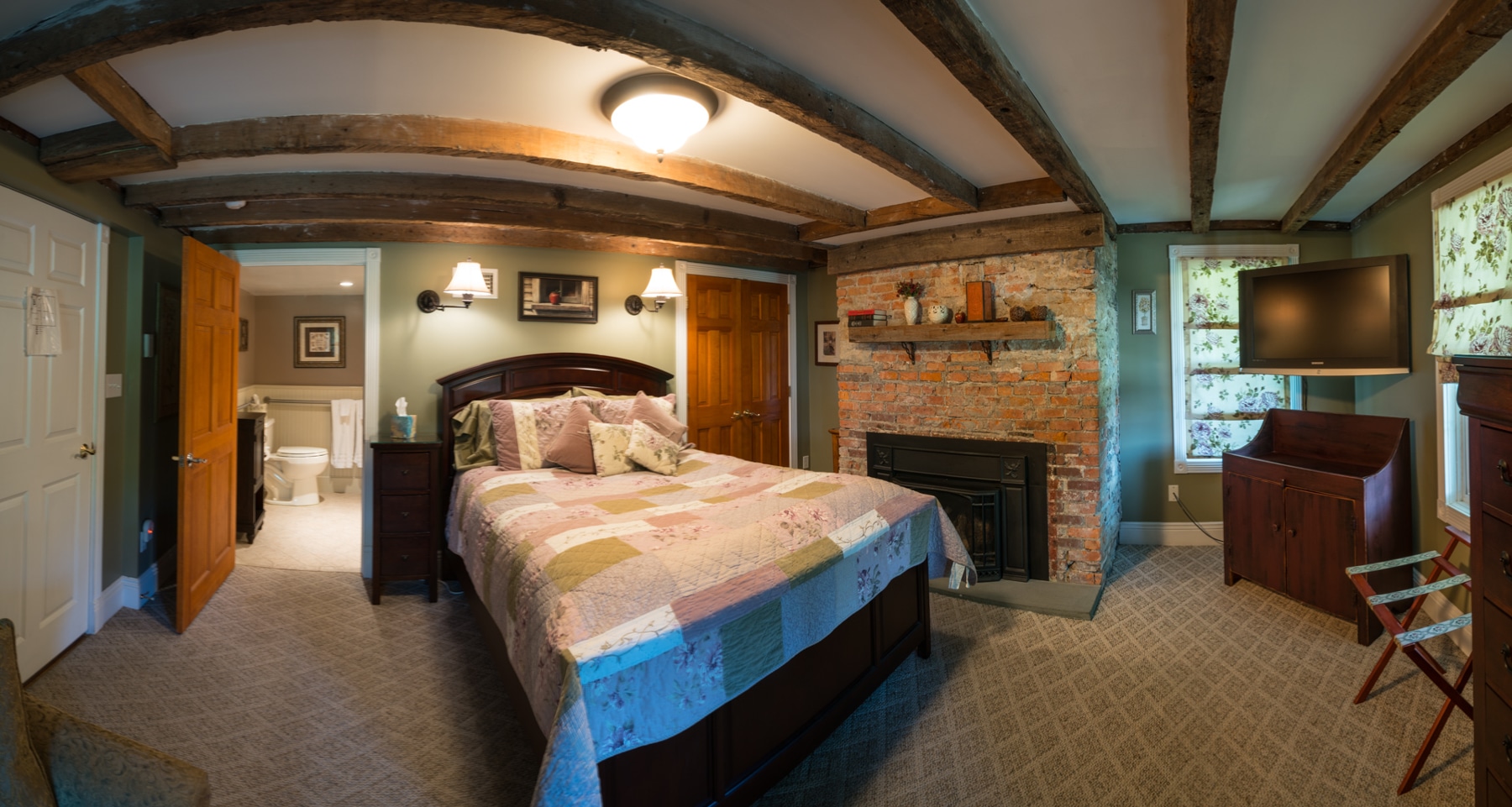
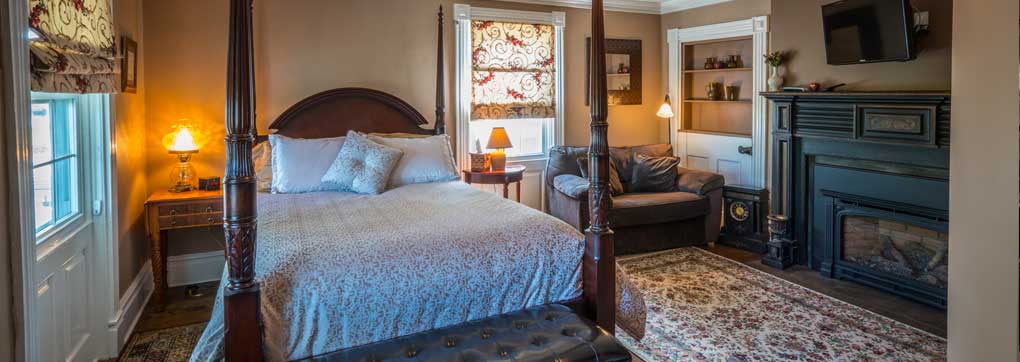
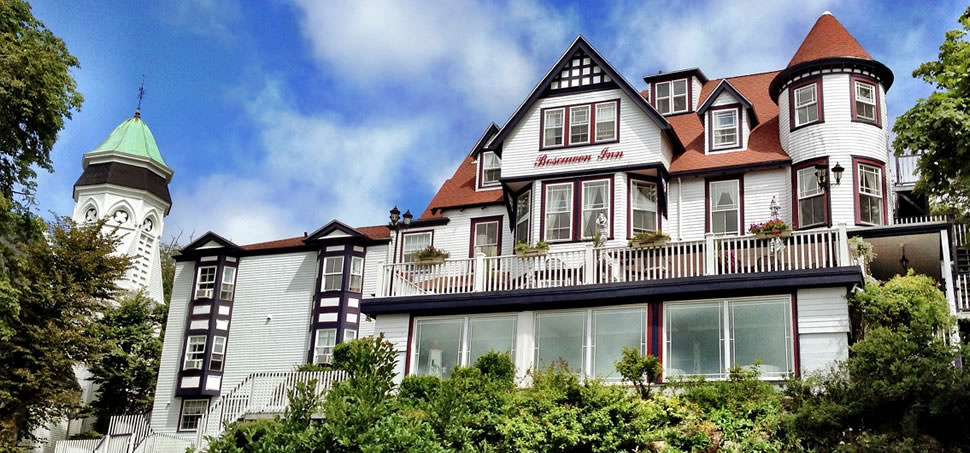
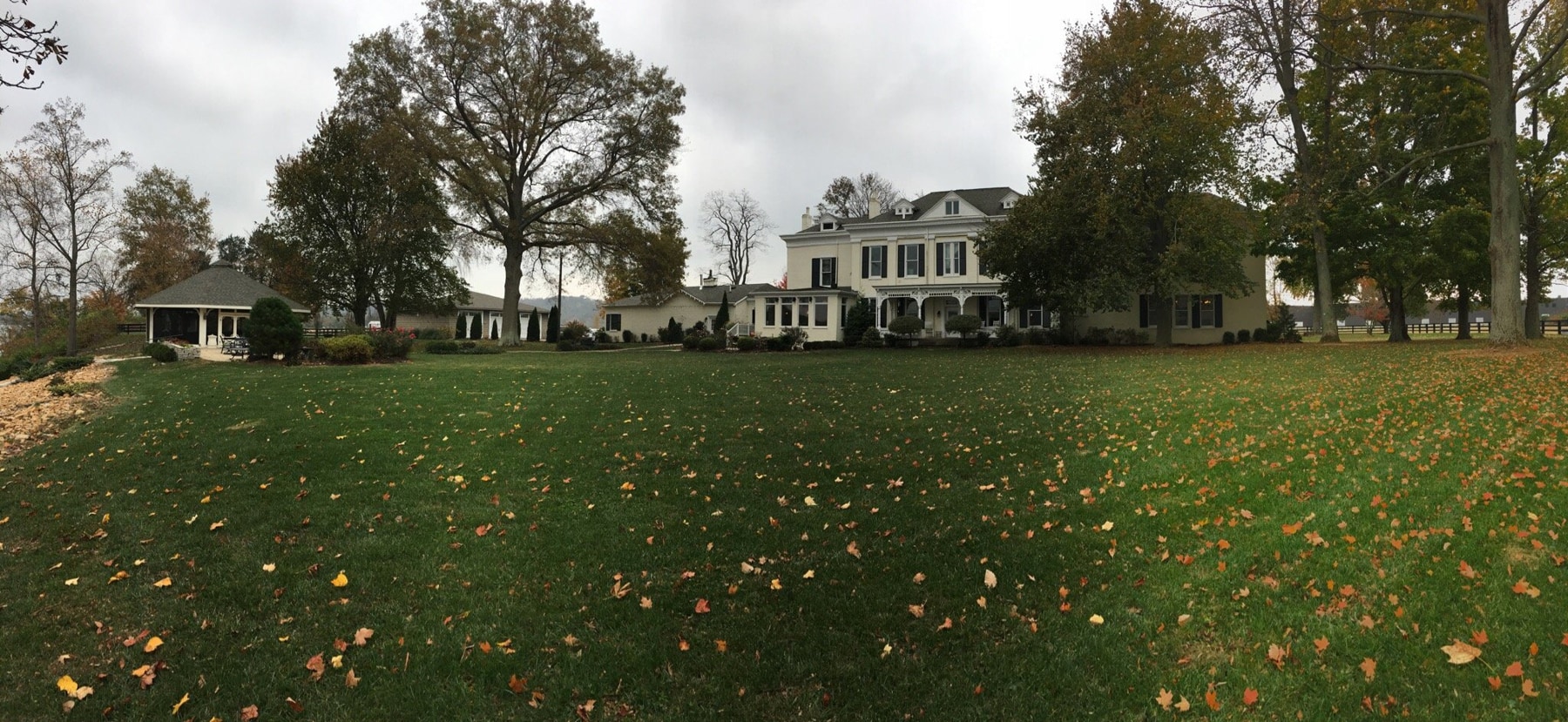


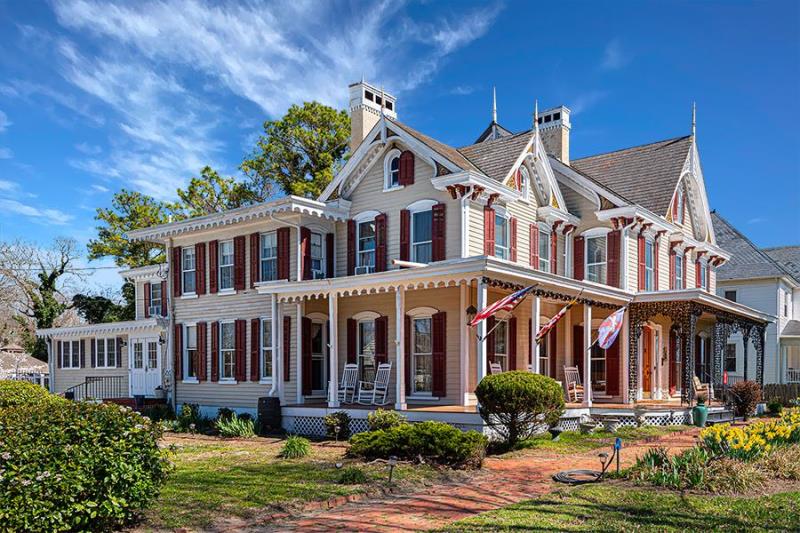
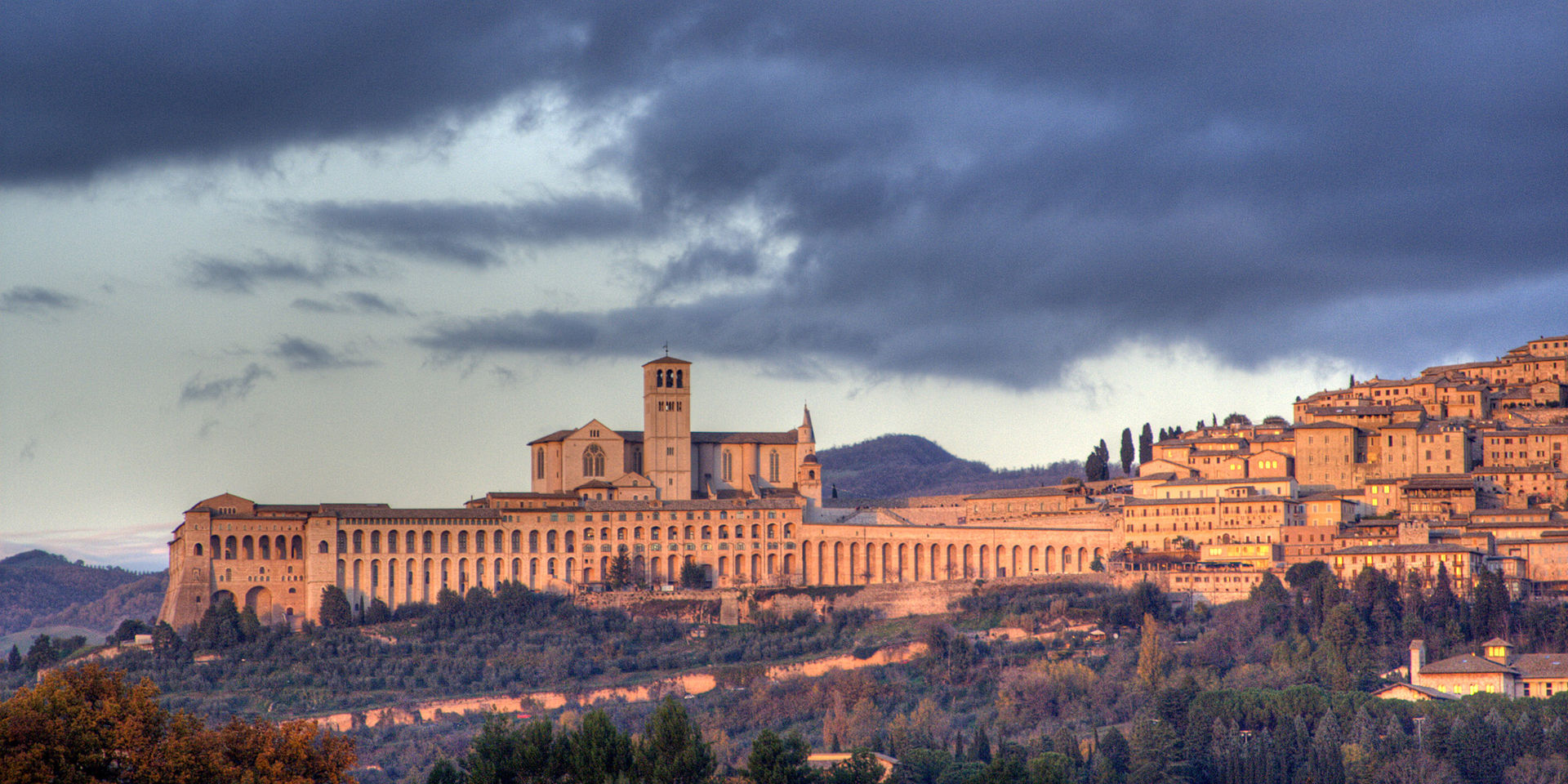
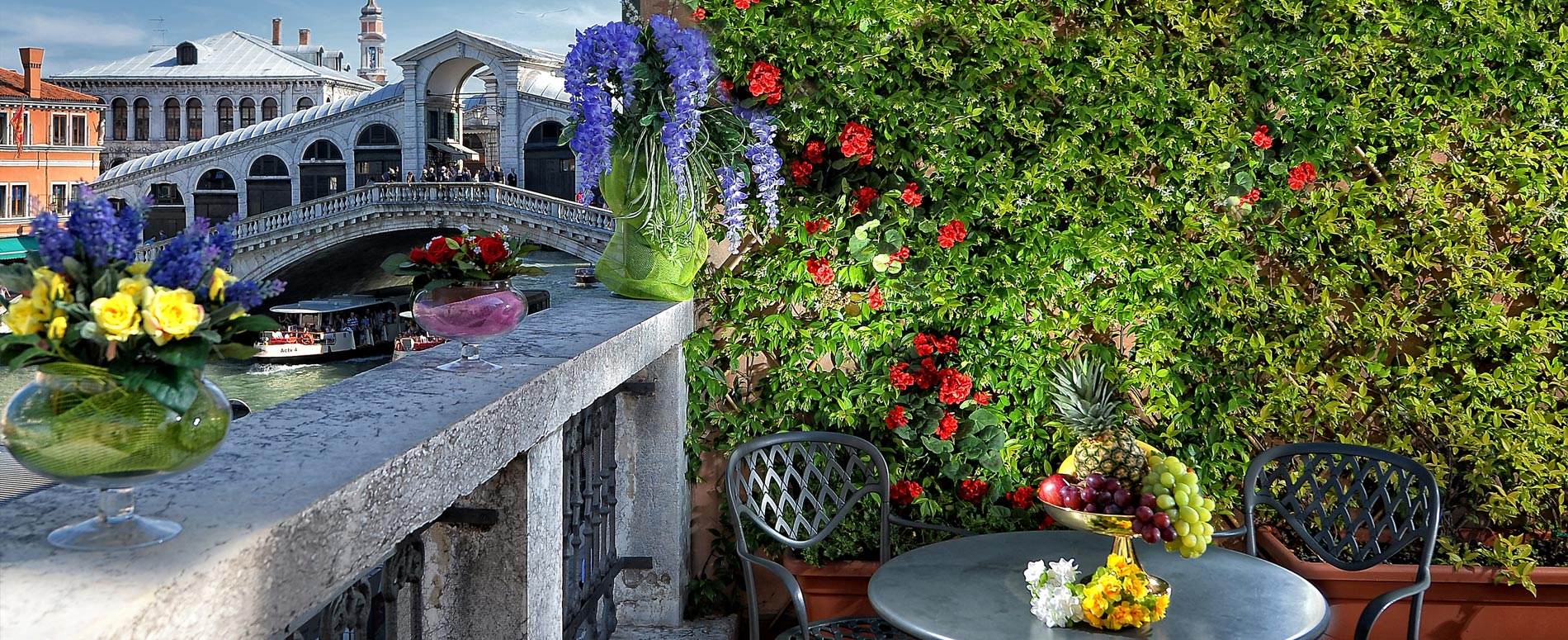
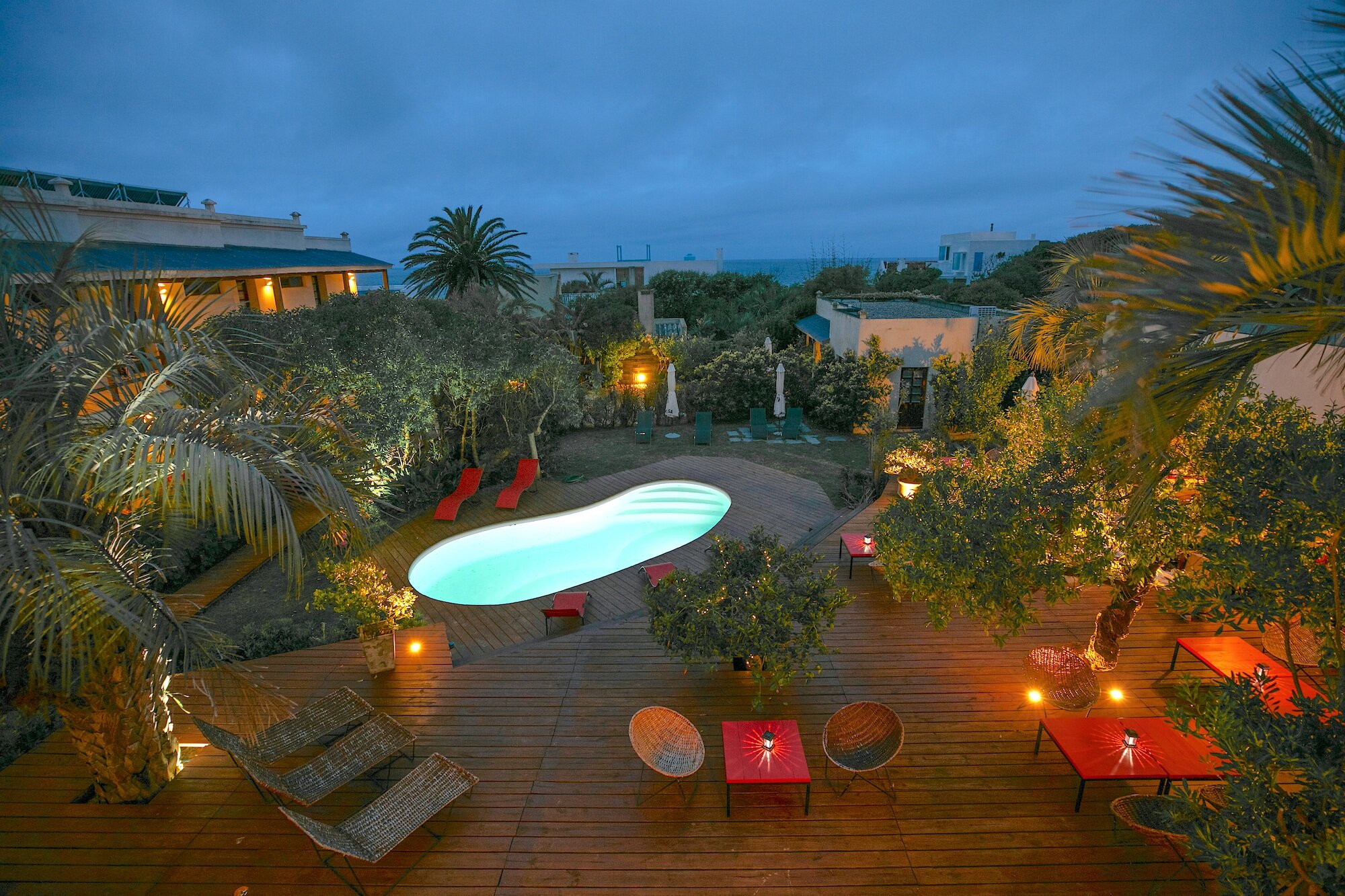
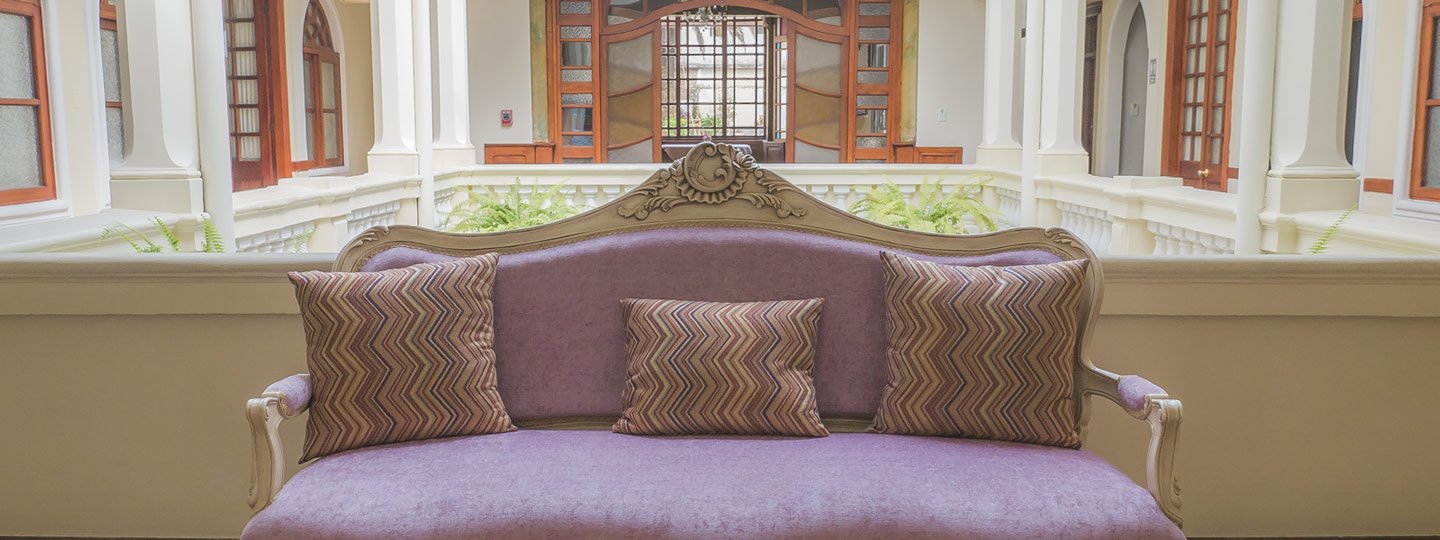
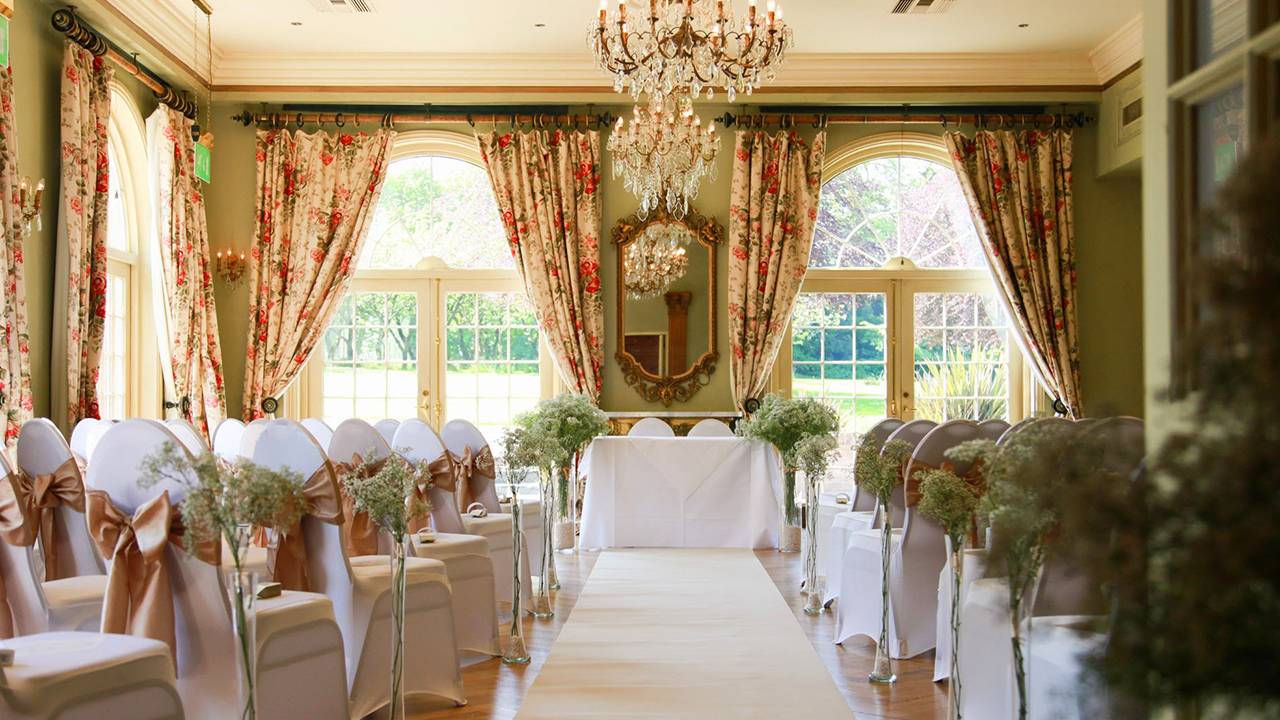
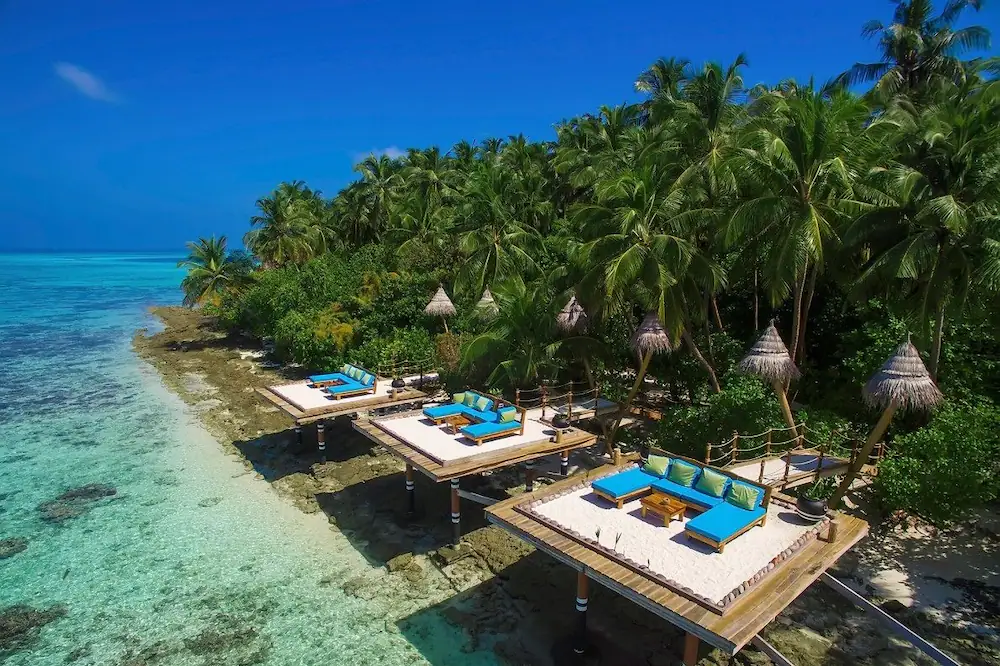
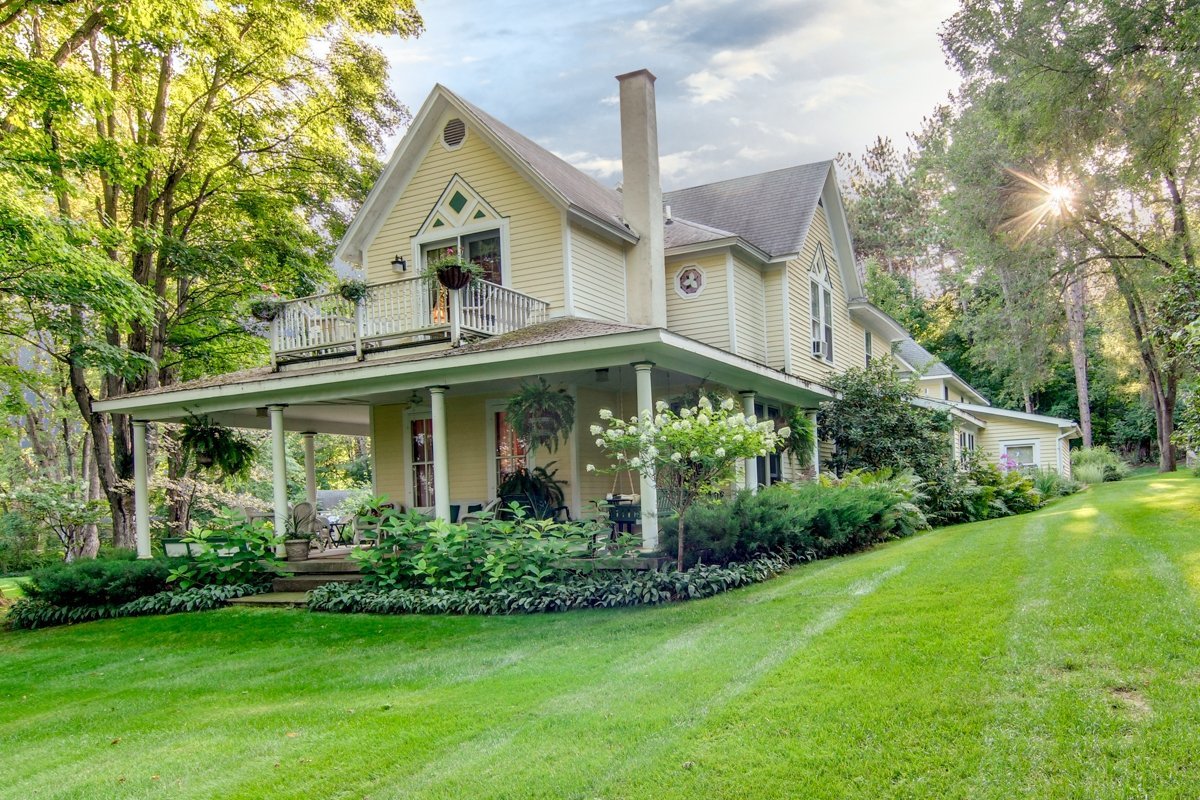
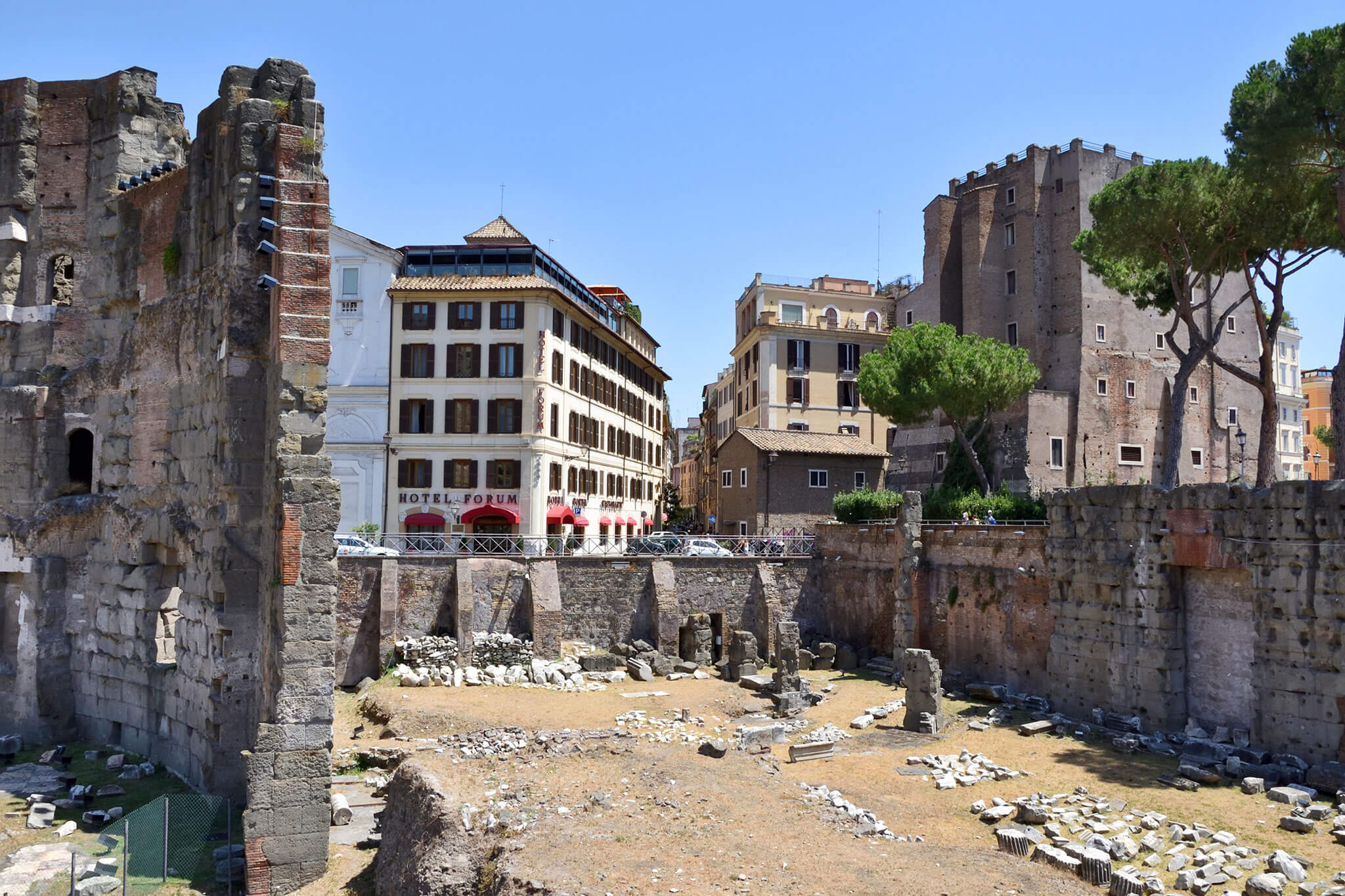

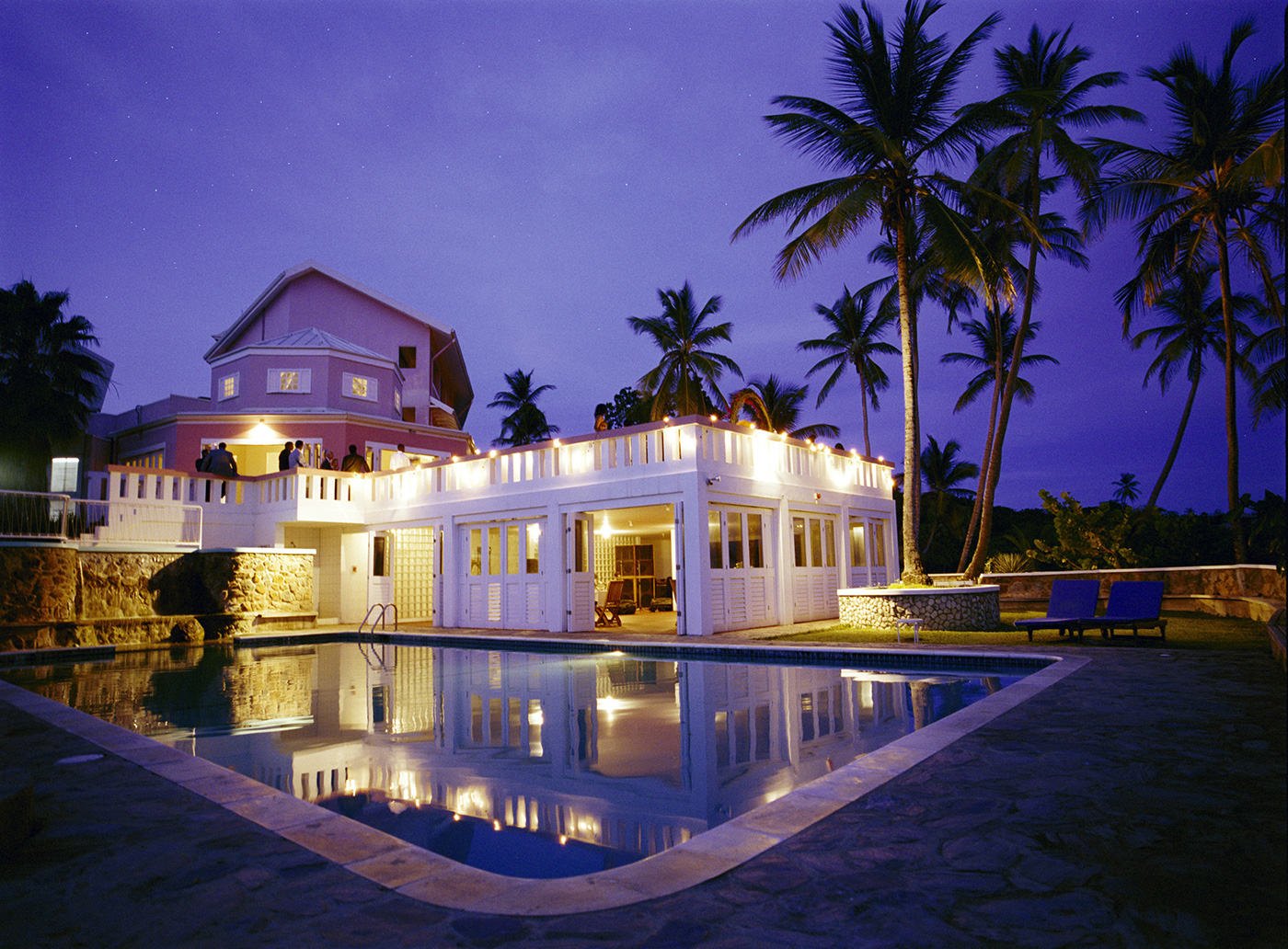
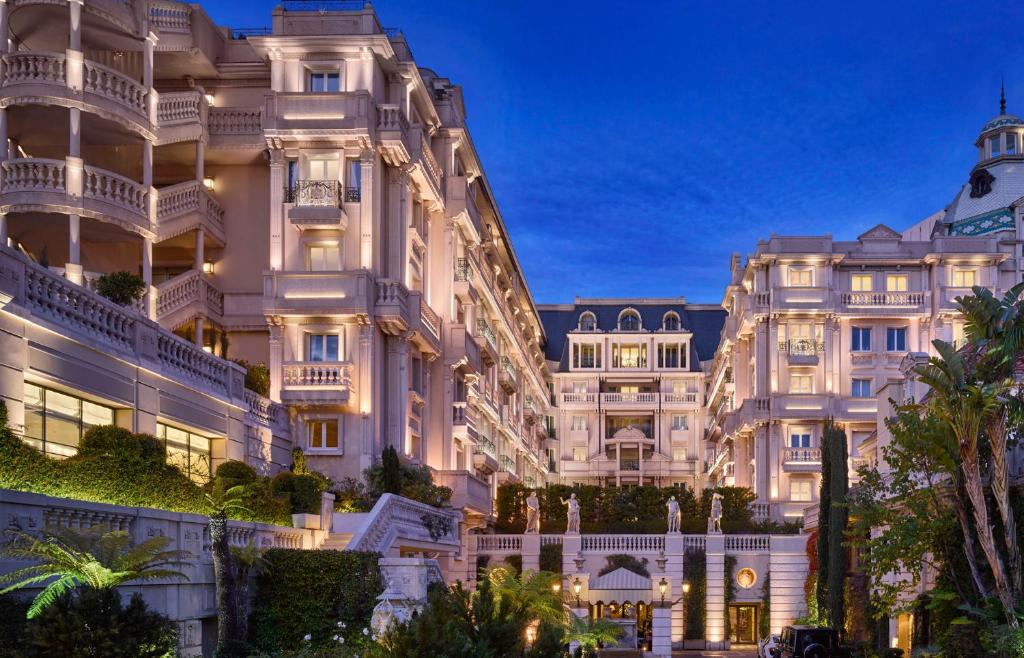
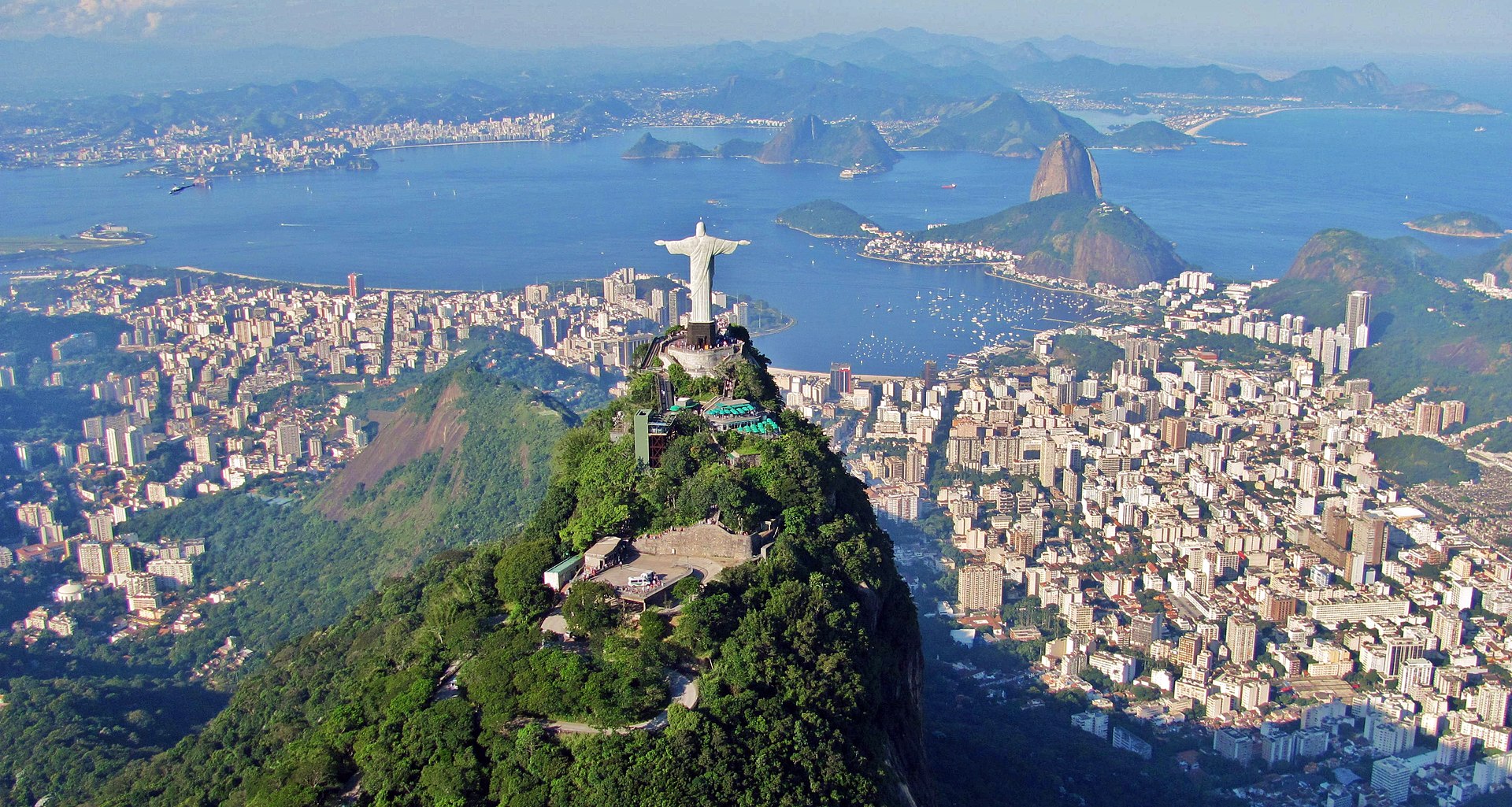
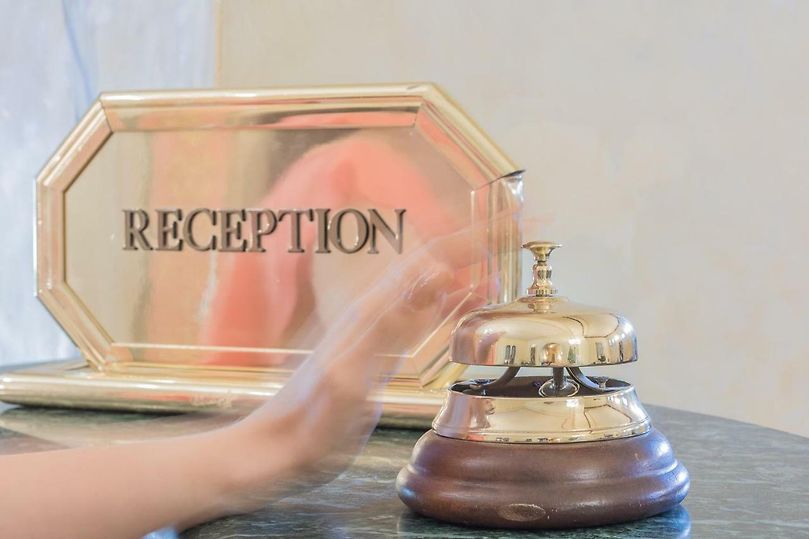
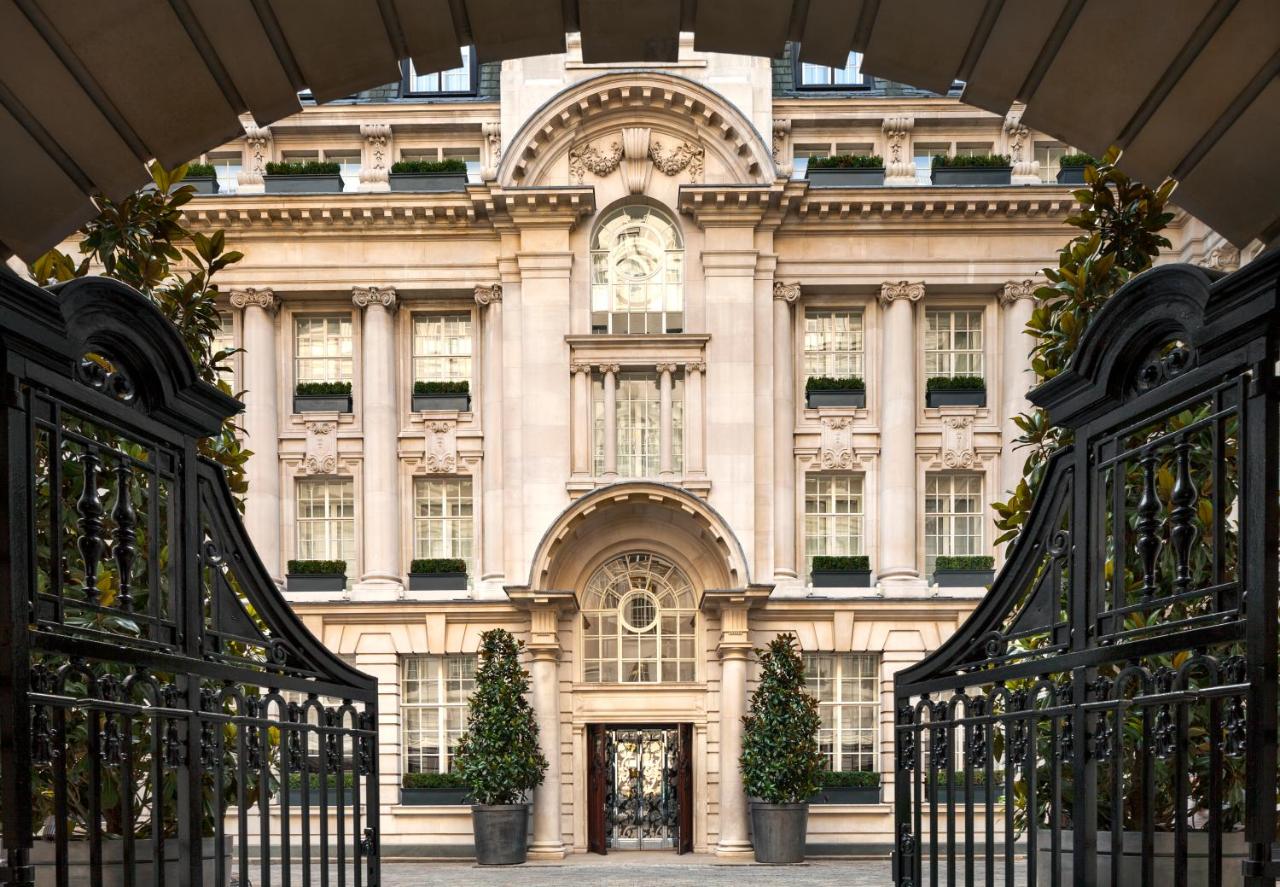
Asunción, Paraguay
Agent: Cliff Jacobs - Managing Principal Estate Agent & CEO (Nat.Dpl.Hotel Man (UJ). M.P.R.E.)
Agent Cellphone: +27 (0) 84 413 1071 / +27 (0) 61 716 6951
Agent Office Number: +27 (0) 84 413 1071
Agent Email Address: cliff@exquisitehotelconsultants.com
Type: Apartment Hotel
Bedrooms: 10
Bathrooms: 10
Showers: 10
Parking: 10
Yield: Not Disclosed
Asunción
Asunción is the capital and the largest city of Paraguay in South America. The city stands on the eastern bank of the Paraguay River, almost at the confluence of this river with the Pilcomayo River. The Paraguay River and the Bay of Asunción in the northwest separate the city from the Occidental Region of Paraguay and from Argentina in the south part of the city. The rest of the city is surrounded by the Central Department.
Administratively, the city forms an autonomous capital district, not a part of any department. The metropolitan area, called Gran Asunción, includes the cities of San Lorenzo, Fernando de la Mora, Lambaré, Luque, Mariano Roque Alonso, Ñemby, San Antonio, Limpio, Capiatá and Villa Elisa, which are part of the Central Department. The Asunción metropolitan area has around two million inhabitants. The Asunción Stock Exchange lists the Municipality of Asunción as BVPASA: MUA.
Asunción is one of the oldest cities in South America and the longest continually inhabited area in the Río de la Plata Basin; for this reason it is known as "the Mother of Cities". From Asunción colonial expeditions departed to found other cities, including the second foundation of Buenos Aires and other important cities such as Villarrica, Corrientes, Santa Fe and Santa Cruz de la Sierra.
The Globalization and World Cities Research Network classify Asunción as a "Gamma City". It is the home of the national government, principal port, and the chief industrial and cultural center of Paraguay. Near Asunción are the headquarters of the CONMEBOL, the continental governing body of association football in South America. Asunción ranks as one of the cheapest cities in the world for foreign visitors.
History
The Spanish conquistador Juan de Ayolas (died c. 1537) may have first visited the site of the future city on his way north, up the Paraguay River, looking for a passage to the mines of Alto Perú (present-day Bolivia). Later, Juan de Salazar y Espinosa and Gonzalo de Mendoza, a relative of Pedro de Mendoza, were sent in search of Ayolas, but failed to find him. On his way up and then down the river, de Salazar stopped briefly at a bay in the left bank to resupply his ships. He found the natives friendly and decided to found a fort there in August 1537. He named it Nuestra Señora Santa María de la Asunción (Our Lady Saint Mary of the Assumption – the Roman Catholic Church celebrates the Feast of the Assumption on August 15).
In 1542 natives destroyed Buenos Aires, and the Spaniards there fled to Asunción. Thus the city became the center of a large Spanish colonial province comprising part of Brazil, present-day Paraguay and northeastern Argentina: the giant Province of the Indies. In 1603 Asunción was the seat of the First Synod of Asunción, which set guidelines for the evangelization of the natives in their lingua franca, Guaraní.
In 1731 an uprising under José de Antequera y Castro was one of the first rebellions against Spanish colonial rule. The uprising failed, but it was the first sign of the independent spirit that was growing among the criollos, mestizos and natives of Paraguay. The event influenced the independence of Paraguay, which subsequently materialized in 1811. The secret meetings between the independence leaders to plan an ambush against the Spanish Governor in Paraguay (Bernardo de Velasco) took place at the home of Juana María de Lara, in downtown Asunción. On the night of May 14 and May 15, 1811, the rebels succeeded and forced governor Velasco to surrender. Today, Lara's former home, known as Casa de la Independencia (House of the Independence), operates as a museum and historical building.
After Paraguay became independent, significant change occurred in Asunción. Under the rule of Gaspar Rodríguez de Francia (in office 1813–1840) roads were built throughout the city and the streets were named. However, during the presidency of Carlos Antonio López (President 1844–1862) Asunción (and Paraguay) saw further progress as the new president implemented new economic policies. More than 400 schools, metallurgic factories and the first railroad service in South America were built during the López presidency. After López died (1862), his son Francisco Solano López became the new president and led the country through the disastrous Paraguayan War that lasted for five years (1864–1870). On 1 January 1869, the capital city Asunción fell to Brazilian forces led by Gen. João de Souza da Fonseca Costa. After the end of the armed conflict, Brazilian troops occupied Asunción until 1876.
Many historians have claimed that this war provoked a steady downfall of the city and country since it massacred two-thirds of the country's population. Progress slowed down greatly afterwards, and the economy stagnated.
After the Paraguayan War, Asunción began a slow attempt at recovery. Towards the end of the 19th century and during the early years of the 20th century, a flow of immigrants from Europe and the Ottoman Empire came to the city. This led to a change in the appearance of the city as many new buildings were built and Asunción went through an era more prosperous than any since the war.
Geography
Asunción is located between the parallels 25° 15' and 25° 20' of south latitude and between the meridians 57° 40' and 57° 30' of west longitude. The city sits on the left bank of the Paraguay River, almost at the confluence of this river with the River Pilcomayo. The Paraguay River and the Bay of Asunción in the northwest separate the city from the Occidental Region of Paraguay and Argentina in the south part of the city. The rest of the city is surrounded by the Central Department.
With its location along the Paraguay River, the city offers many landscapes; it spreads out over gentle hills in a pattern of rectangular blocks. Places such as Cerro Lambaré, a hill located in Lambaré, offer a spectacular show in the springtime because of the blossoming lapacho trees in the area. Parks such as Parque Independencia and Parque Carlos Antonio López offer large areas of typical Paraguayan vegetation and are frequented by tourists. There are several small hills and slightly elevated areas throughout the city, including Cabará, Clavel, Tarumá, Cachinga, and Tacumbú, among others.
Climate
Asunción has a humid subtropical climate (Köppen: Cfa) that closely borders on a tropical savanna climate (Köppen Aw), characterized by hot, humid summers (average of 27.5 °C or 81.5 °F in January), and mild winters (average of 17.6 °C, 63.7 °F in July). Relative humidity is high throughout the year, so the heat index is higher than the true air temperature in the summer, and in the winter it can feel cooler. The average annual temperature is 23 °C (73 °F). The average annual precipitation is high, with 1,400 millimeters (55 in) distributed in over 80 days yearly. The highest recorded temperature was 42.8 °C (109.0 °F) on 1 October 2020, while the lowest recorded temperature was −1.2 °C (29.8 °F) on 27 June 2011.
Snow is unknown in modern times, but it fell during the Little Ice Age, last time in June 1751.
Asunción generally has a very short dry season between May and September, but the coldest months are June, July and August. Slight frosts can occur on average one or two days a year. The wet season covers the remainder of the year.
During the wet season, Asunción is generally hot and humid though towards the end of this season, it becomes noticeably cooler. In contrast, Asunción's dry season is pleasantly mild. Asuncion's annual precipitation values observe a summer maximum, due to severe subtropical summer thunderstorms which travel southward from northern Paraguay, originating in the Gran Chaco region of the northwestern part of the country. The wettest and driest months of the year are April and July, on average receiving respectively 166 mm (6.54 in) and 39 mm (1.54 in) of precipitation.
Demographics
The population is approximately 540,000 people in the city proper.[1] Roughly 30% of Paraguay's 6 million people live within Greater Asunción. Sixty-five percent of the total population in the city are under the age of 30.
The population has increased greatly during the last few decades as a consequence of internal migration from other Departments of Paraguay, at first because of the economic boom in the 1970s, and later because of economic recession in the countryside. The adjacent cities in the Gran Asunción area, such as Luque, Lambaré, San Lorenzo, Fernando de la Mora and Mariano Roque Alonso, have absorbed most of this influx due to the low cost of the land and easy access to Asunción. The city has ranked as the least expensive city to live in for five years running by Mercer Human Resource Consulting.
Religion
Approximately 90% of the population of Asunción professes Catholicism. The Roman Catholic Archdiocese of Asunción covers an area of 2,582 square kilometers (997 square miles) including the city and surrounding area and has a total population of 1,780,000 of whom 1,612,000 are Catholic. The Catholic Archbishop is Eustaquio Pastor Cuquejo Verga, C.SS.R. In Paraguay's capital there are also places of worship of other Christian denominations, the Church of Jesus Christ of Latter-day Saints, as well as of other religions including Islam, Buddhism and Judaism.
Economy
In terms of commerce, this sector has grown considerably in recent years stretching towards the suburbs where shopping malls and supermarkets have been built. Paraguay's only stock exchange, the BVPASA, is located here. The city itself is listed on it, as BVPASA: MUA.
In Asuncion, the most important companies, businesses and investment groups are headquartered. The attractiveness of the city can be attributed to its easygoing tax policies. Asunción has unrestrained taxes on the investments and movements of capital. In addition to this, the Asunción stock exchange-traded up 485.7% in August 2012 relative to August 2011. There is also no income tax for investors in Bonds of Asunción Stock Exchange. Incentives like these attract significant foreign investment into the city. By many Latin American experts, Paraguay is tapped as one of the top three counties with the best investment climate in Latin America and the Caribbean as well it remains the most attractive nation of the hemisphere in doing business and is equipped with a series of legislations that protect strategic investments and guarantee a friendly environment for the development of large industrial plants and infrastructure projects. The city is the economic centre of Paraguay, followed by Ciudad del Este and Encarnación.
Paraguay
Paraguay, officially the Republic of Paraguay (Spanish: República del Paraguay; Guarani: Tetã Paraguái), is a country in South America. It is bordered by Argentina to the south and southwest, Brazil to the east and northeast, and Bolivia to the northwest. It has a population of 7 million, nearly 3 million of whom live in the capital and largest city of Asunción, and its surrounding metro. Although one of only two landlocked countries in South America (the other being Bolivia), the country has coasts, beaches and ports on the Paraguay and Paraná rivers that give exit to the Atlantic Ocean through the Paraná-Paraguay Waterway.
Spanish conquistadores arrived in 1524, and in 1537 established the city of Asunción, the first capital of the Governorate of the Río de la Plata. During the 17th century, Paraguay was the center of Jesuit missions, where the native Guaraní people were converted to Christianity and introduced to European culture. After the expulsion of the Jesuits from Spanish territories in 1767, Paraguay increasingly became a peripheral colony, with few urban centers and settlers. Following independence from Spain in the early 19th century, Paraguay was ruled by a series of authoritarian governments characterized by nationalist, isolationist and protectionist policies. This period ended with the disastrous Paraguayan War (1864–70), during which the country lost half its prewar population and around 25–33% of its territory to the Triple Alliance of Argentina, Brazil and Uruguay. In the 20th century, Paraguay faced another major international conflict—the Chaco War (1932–35) against Bolivia—in which it prevailed. Afterwards, the country came under a succession of military dictators, culminating in the 35-year regime of Alfredo Stroessner, which lasted until his overthrow in 1989 by an internal military coup. This marked the beginning of Paraguay's democratic era, which continues to this day.
Paraguay is a developing country. It is a founding member of Mercosur, the United Nations, the Organization of American States, the Non-Aligned Movement and the Lima Group. Additionally, the city of Luque, in metropolitan Asuncion, is the seat of the South American Football Confederation.
The majority of Paraguay's seven million people are mestizo, and Guarani culture remains widely influential; more than 90% of the population speak various dialects of the Guarani language alongside Spanish. Despite a history of poverty and political repression, in a 2017 Positive Experience Index based on global polling data, Paraguay ranked as the "world's happiest place".
We are located a few blocks from the heart of the new centre where you can find the best cultural centers, restaurants, cafes, pubs, shopping malls, boutiques, the famous T Block, characterised by a diversity of restaurants and its lively nightlife.
It is located five minutes from the financial area and 15 minutes from the international airport.
About Us
Vision
To be recognized nationally and internationally as the Tropical Apart Hotel in Central Latin America, generator of unique experiences.
Mission
We are hosts who provide unique moments to our guests, through style, distinction, excellence and the warmth of our personalized attention.
Values
We are a team of committed professionals with a passion for excellence. We distinguish ourselves by our warmth and genuine attitude of service. We promote initiative and permanent renewal. We act based on our Code of Ethics and responsibility.
Beginnings
The comfort
The spirit of our Apart Hotel is reflected in each of its employees, who, committed to providing excellent service, show a genuine interest in taking care of every detail and exceeding the expectations of those who visit it.
Attention
The infrastructure and attention guarantee an unforgettable stay for the tourist and for the executive, our wish is that the guest finds in our Apart Hotel an oasis of relaxation.
Services and Facilities
The pool with 26mts. long, ideally located on the edge of the rooms, it is a natural and private extension of the tropical garden, in which it is implanted.
Pubs
We have two bars, the Germinal Internal Bar, which is the intimate bar, the Pool Bar, our tropical bar. Bars provide relaxation for the end of your workday or a real holiday weekend in the middle of your work activities.
TV and Reading Room
Nice lounge where you will find books. Current magazines or you can watch your favorite sport in a group, or enjoy a recital.
Business Centre
Our comprehensive Business Center was conceived to meet the needs of business travellers. It offers state-of-the-art technology, which is combined with the elegance and excellence of service that only our Apart Hotel can provide.
The business Center has 2 work cabinets with 22 "screens, Wi-Fi access, availability of bandwidth up to 100Mbps, B&W and color photocopiers, laser printers, scanner, extra technical equipment for rent.
Meeting Room
Our hotel has a directory room to organize all kinds of work meetings such as breakfasts, presentations and videoconferences, among others. The room has Wi-Fi internet connection and telephone connections.
In case of need, we also offer to obtain technical equipment for rent, such as: printers, computers, projectors, screens and equipment for videoconferencing. Upon your request, we have a broadband capacity up to 100 Mbps at preferential rates.
Concierge
In order to provide a better service during your stay at our Apart Hotel, we have a concierge who will provide you with information helping to plan your stay in relation to places of interest, activities, recommendations of the different restaurants, reservations, vehicles, air tickets, excursions.
Transport Service
For your tranquility and comfort, Villa Floreal offers private transportation services in high-end vehicles during your stay. We have transportation to and from the airport or hourly services.
























































Cliff Jacobs (Nat Dpl Hotel Man (UJ). MPRE. GA Level 5 TEFL) Managing Principal / CEO Exquisite Hotel Consultants (Pty) Ltd Mobile: +27 (0) 84 413 1071 / +27 (0) 61 716 6951 Email: cliff@exquisitehotelconsultants.com Web: https://www.exquisitehotelconsultants.com © All rights reserved Terms and Conditions apply Scroll down to view our Hospitality Properties and Businesses for sale or lease or lease-to-buy or partnership arrangement or management agreement arrangement.